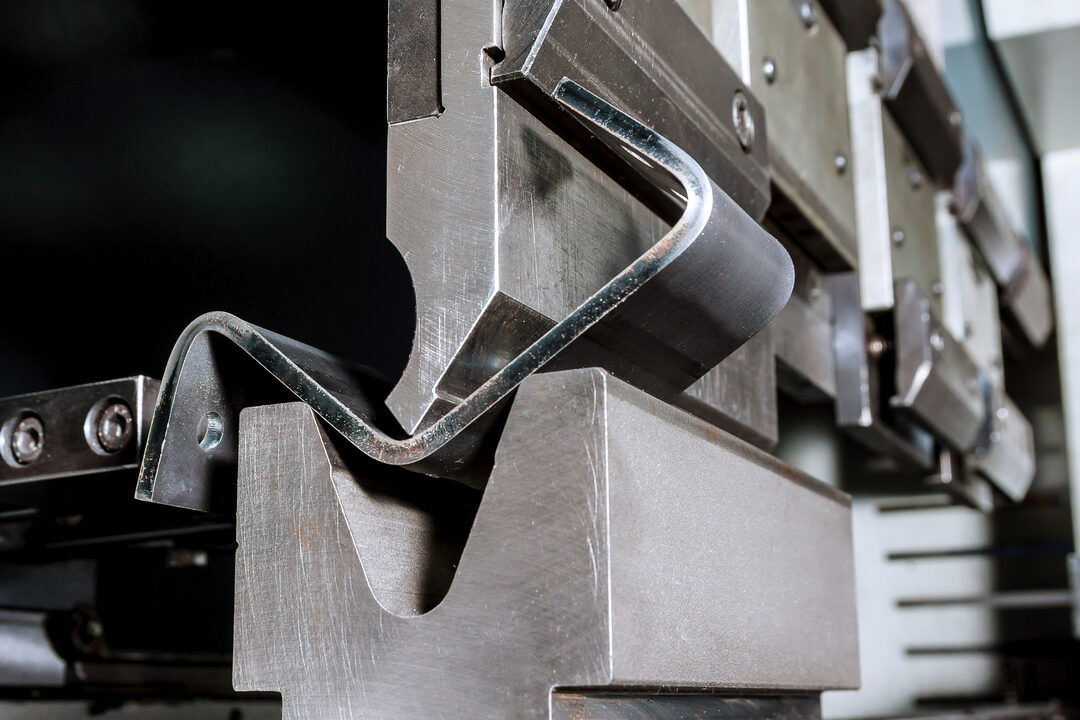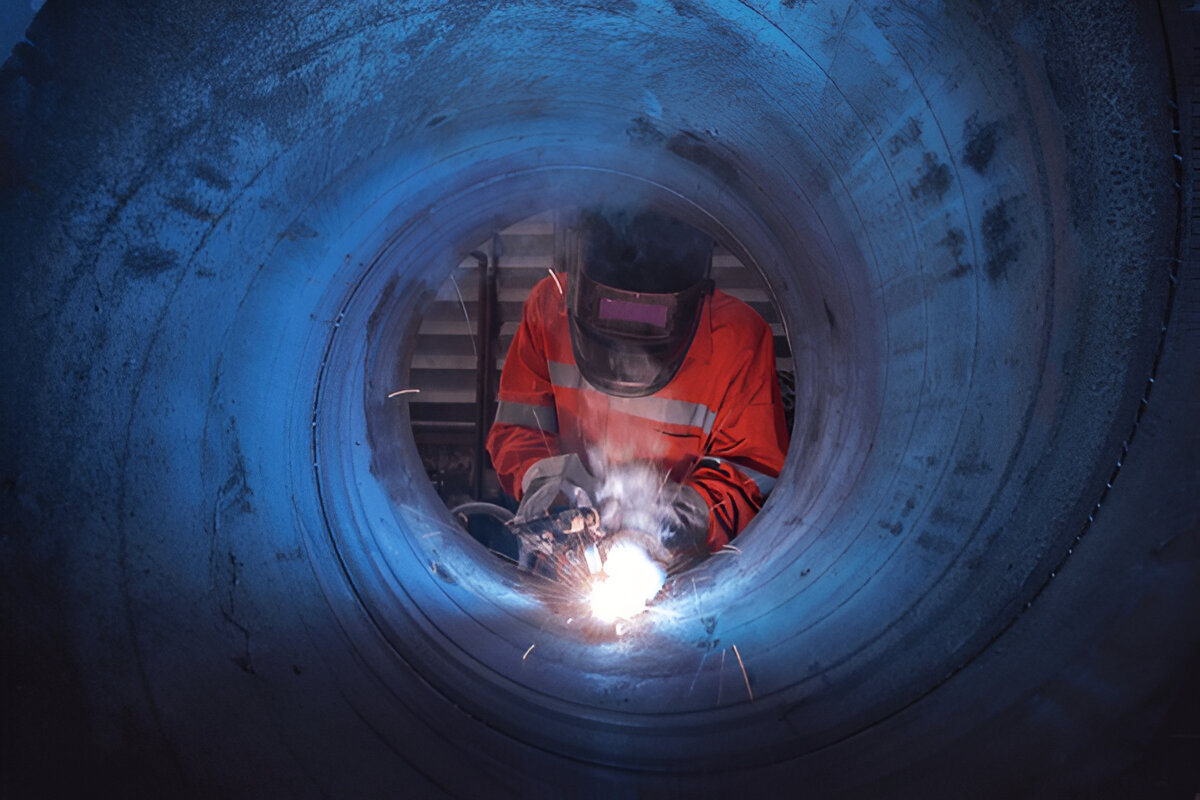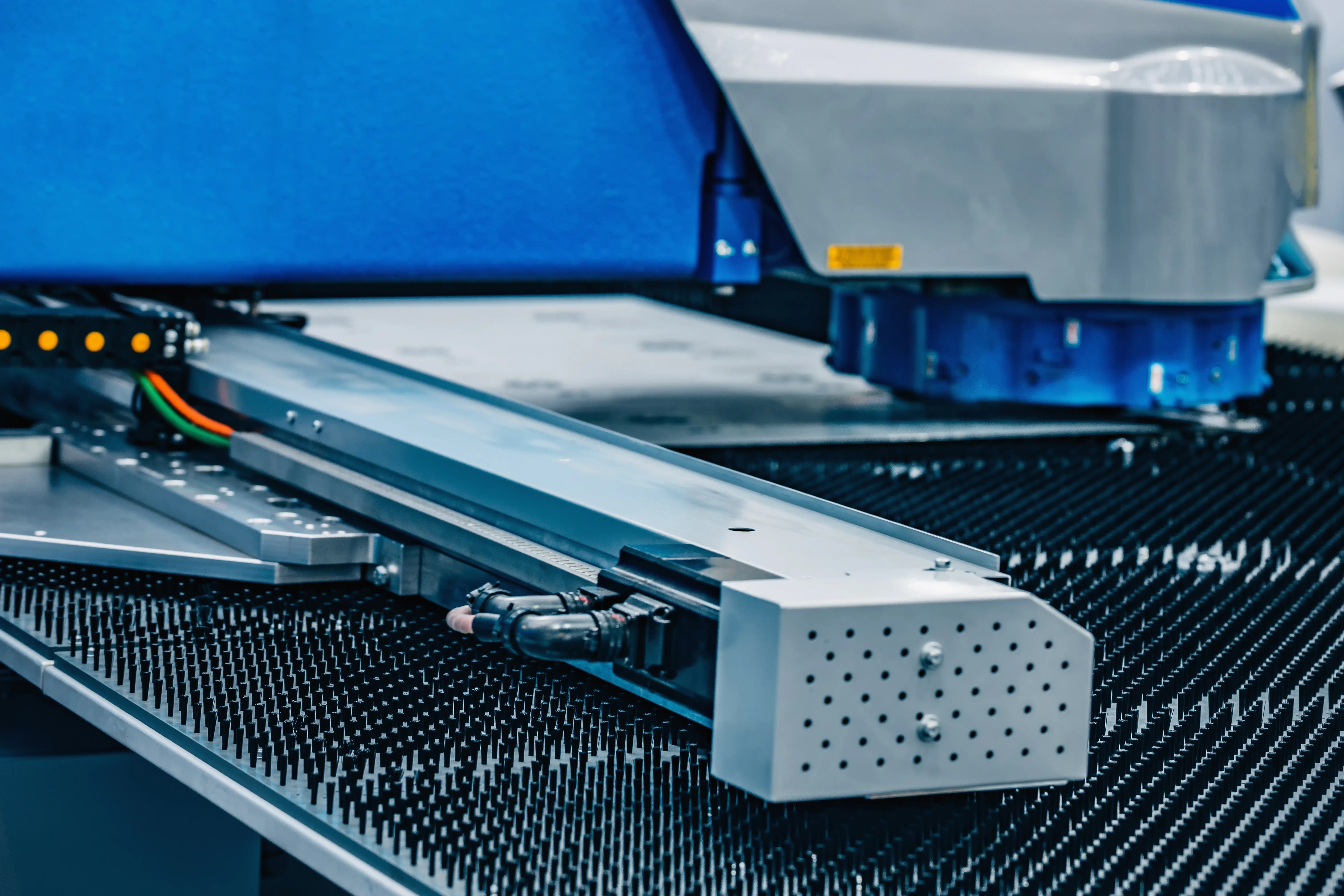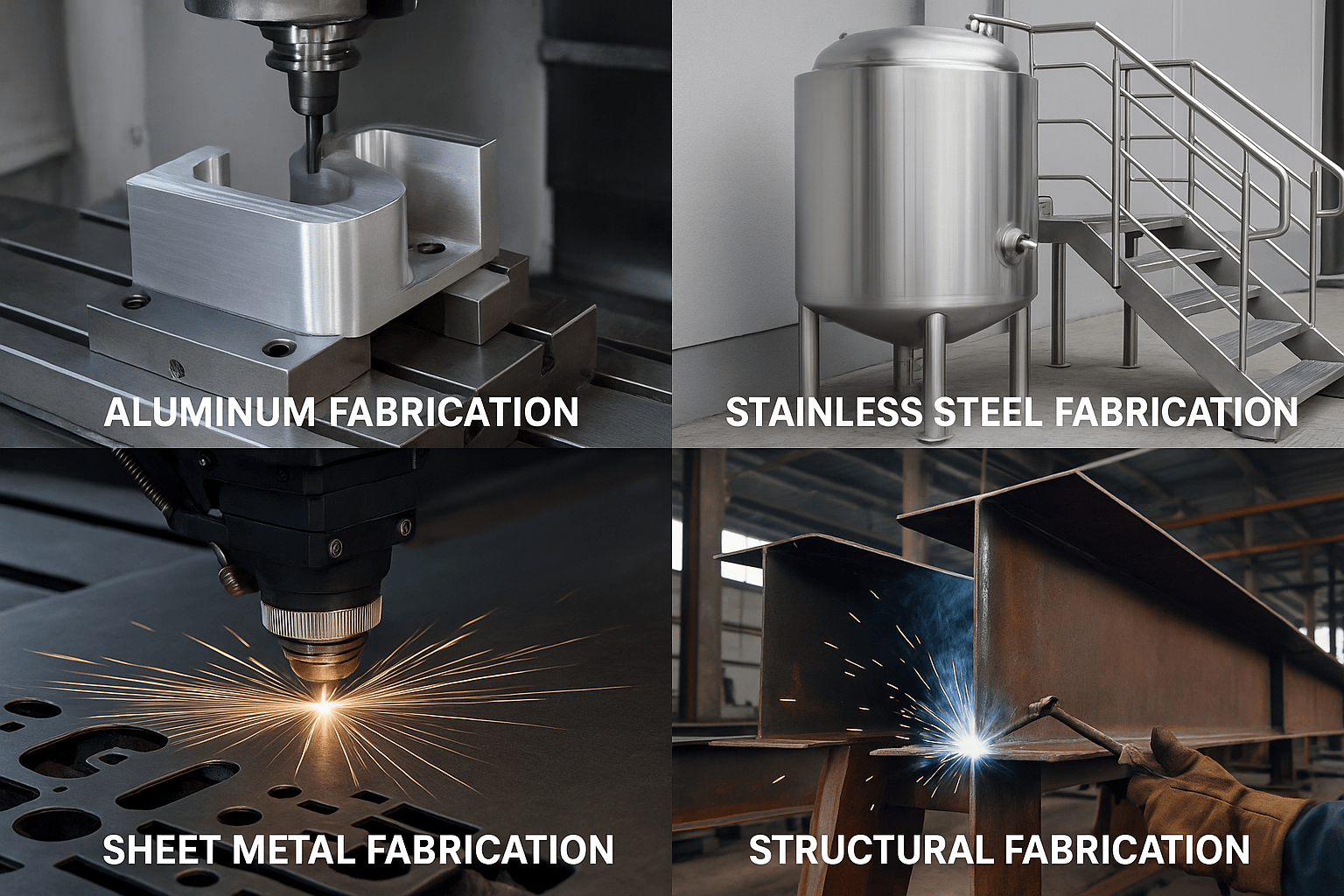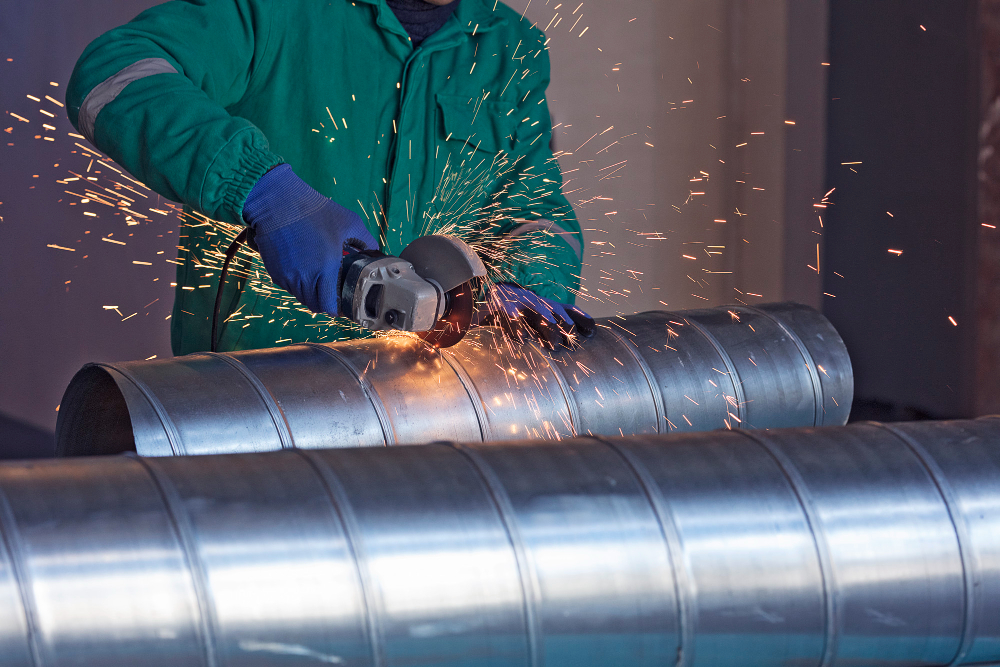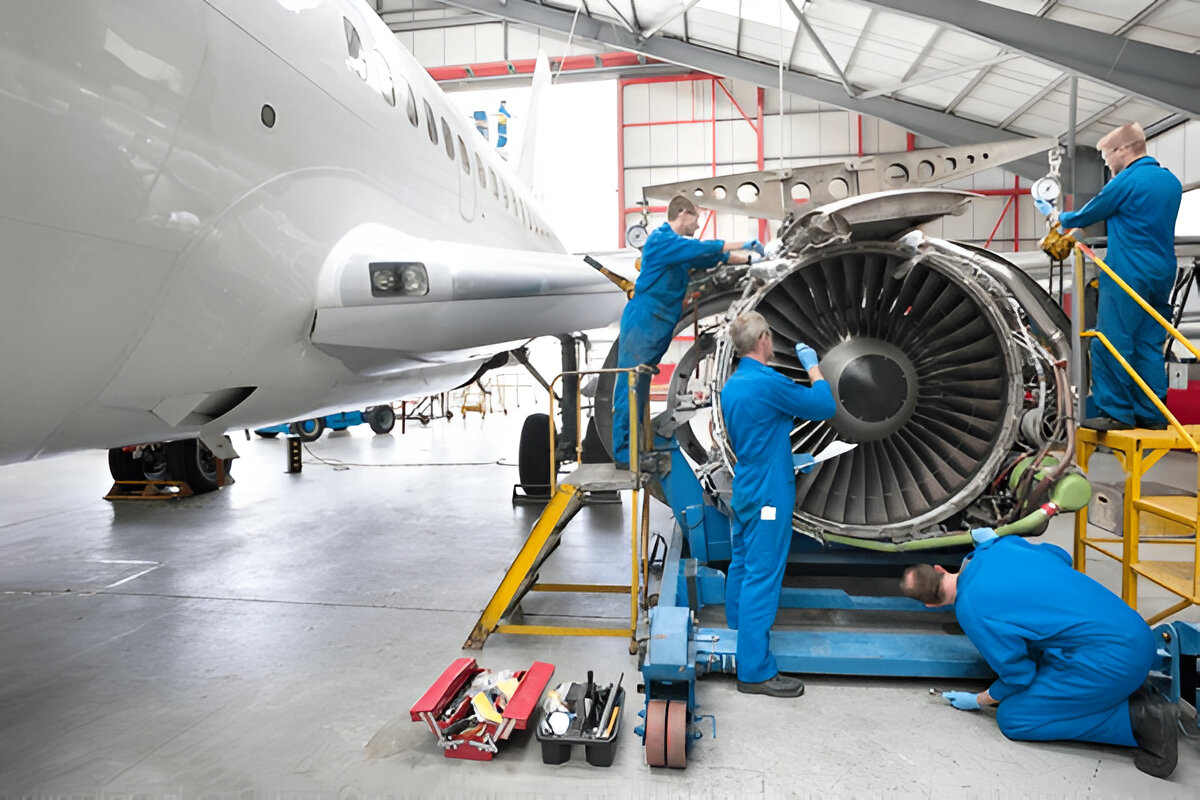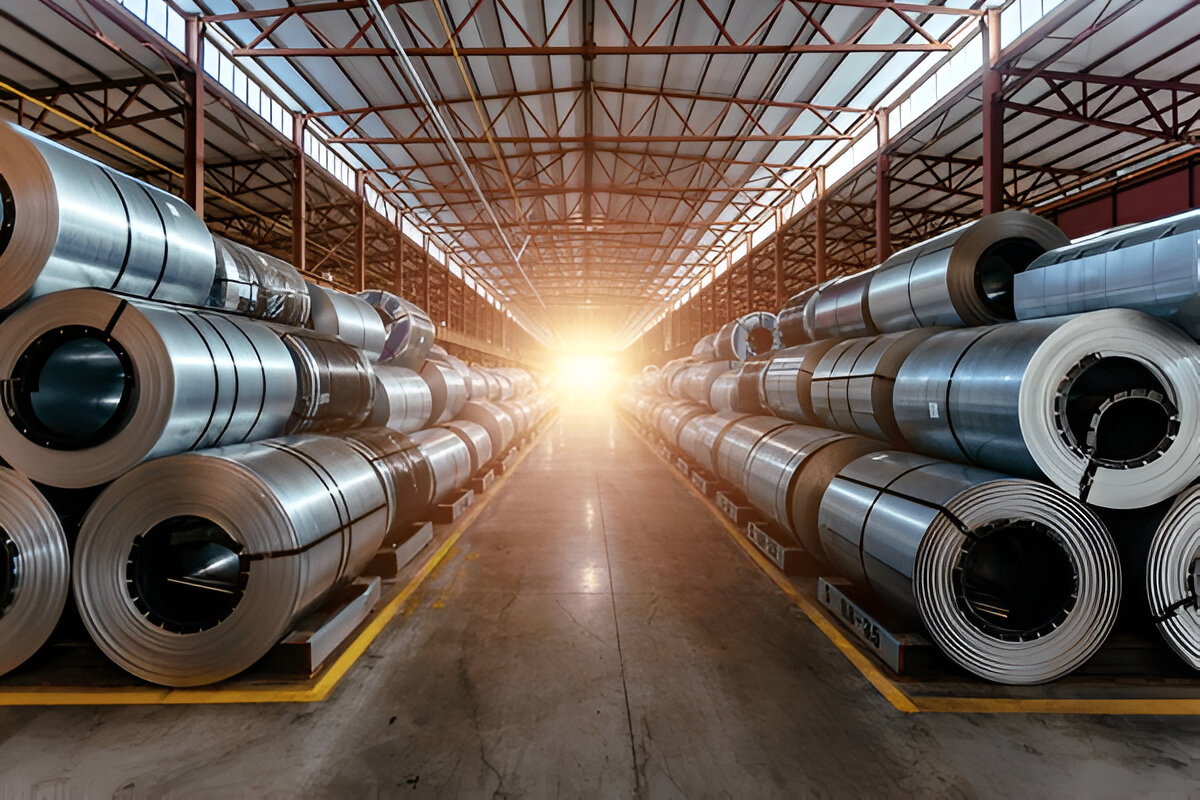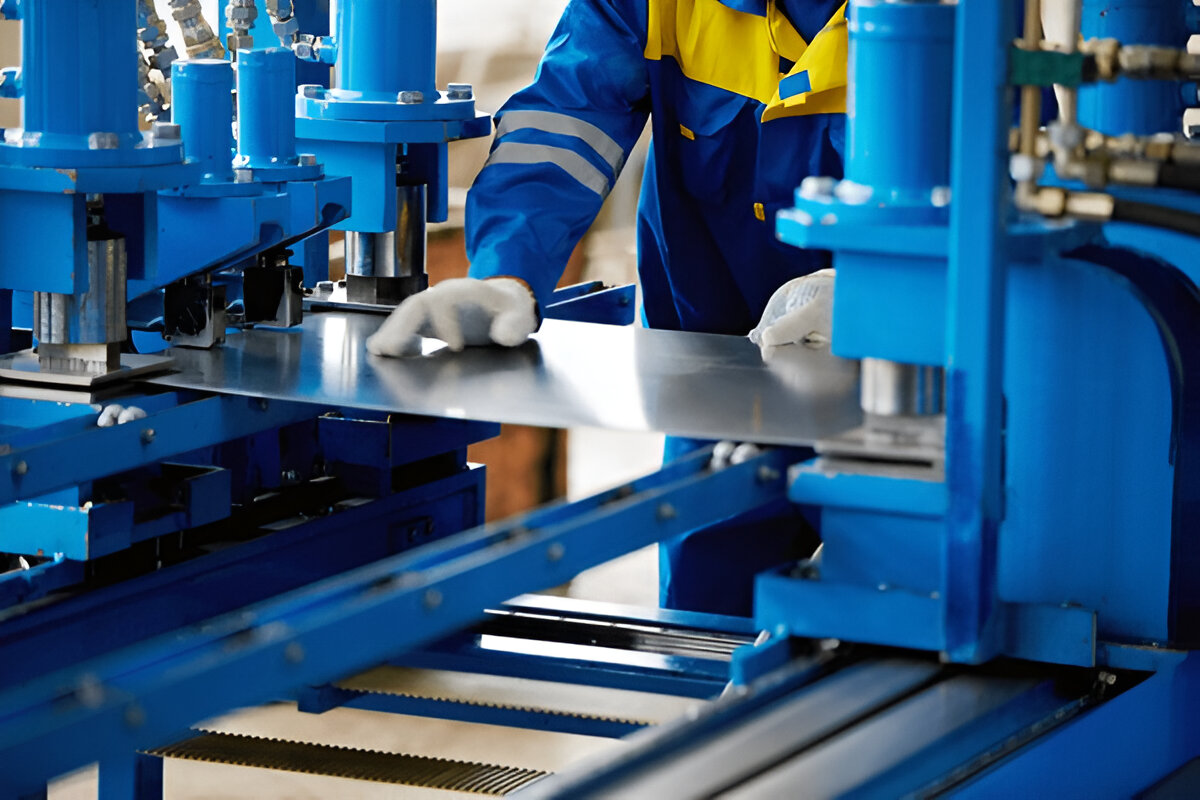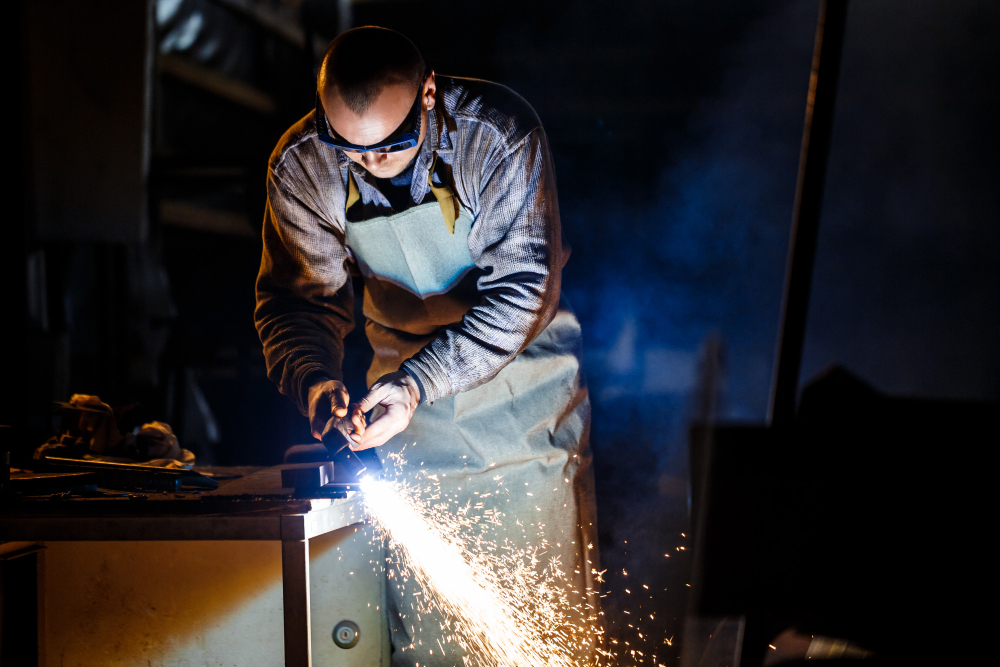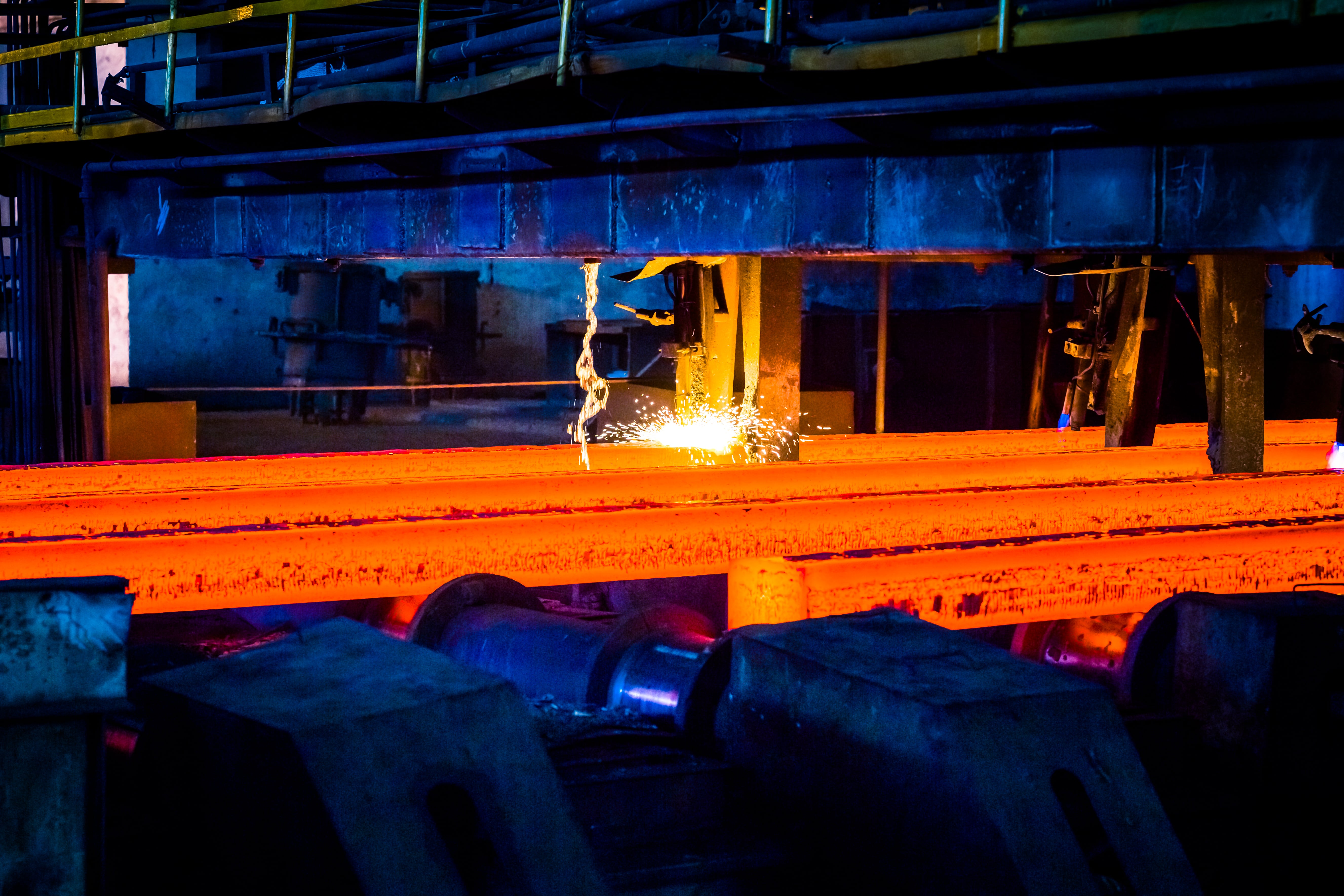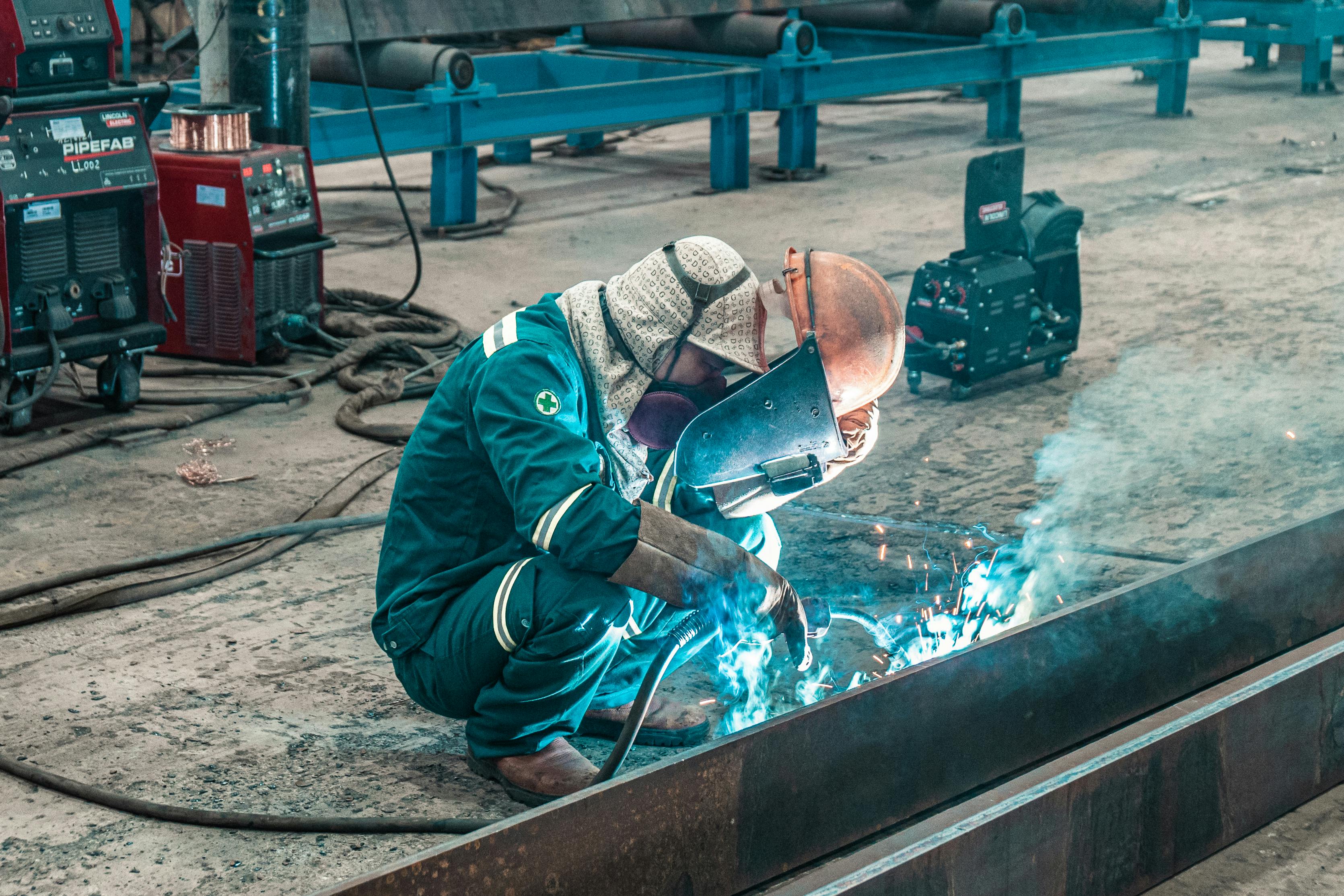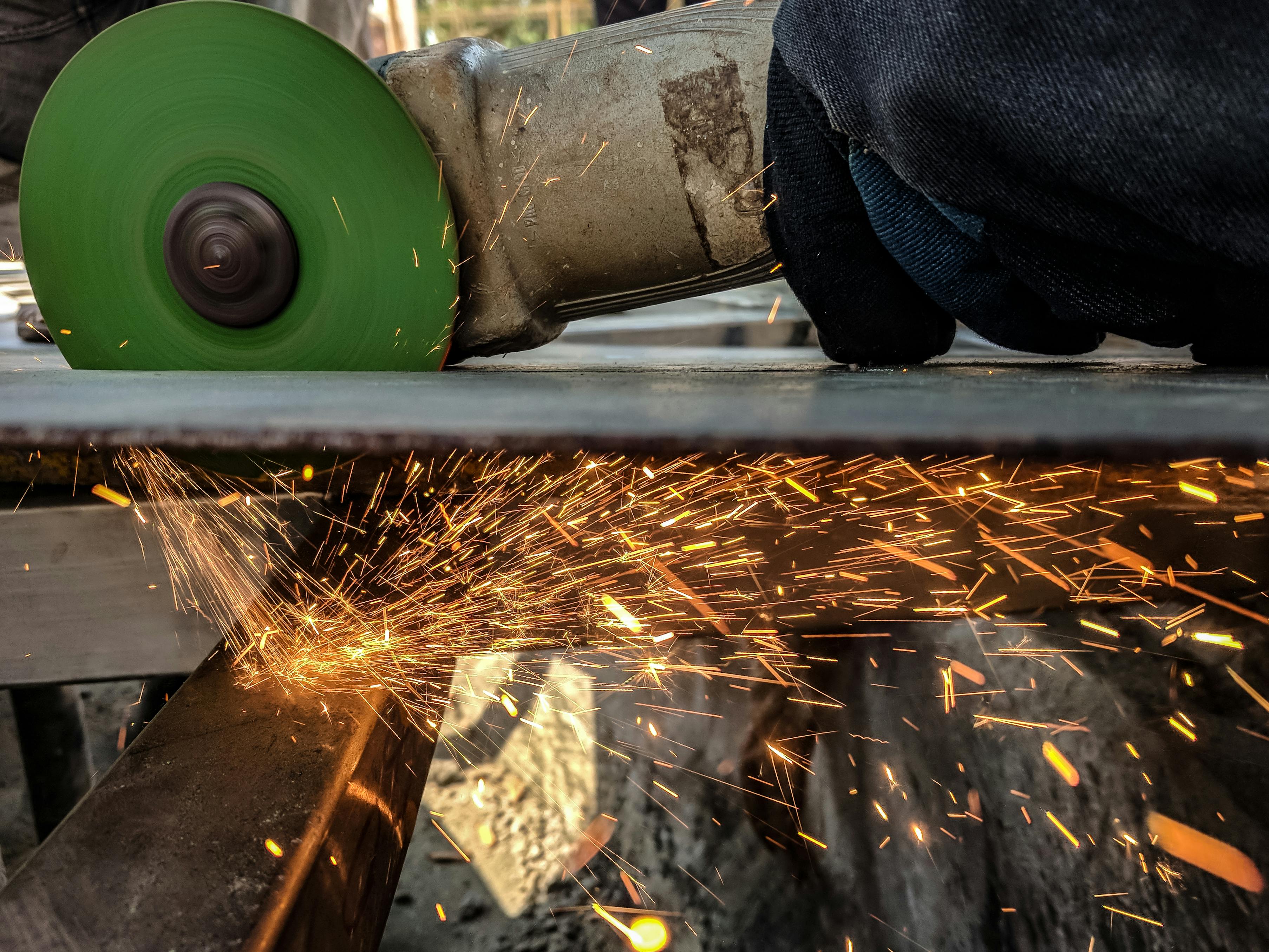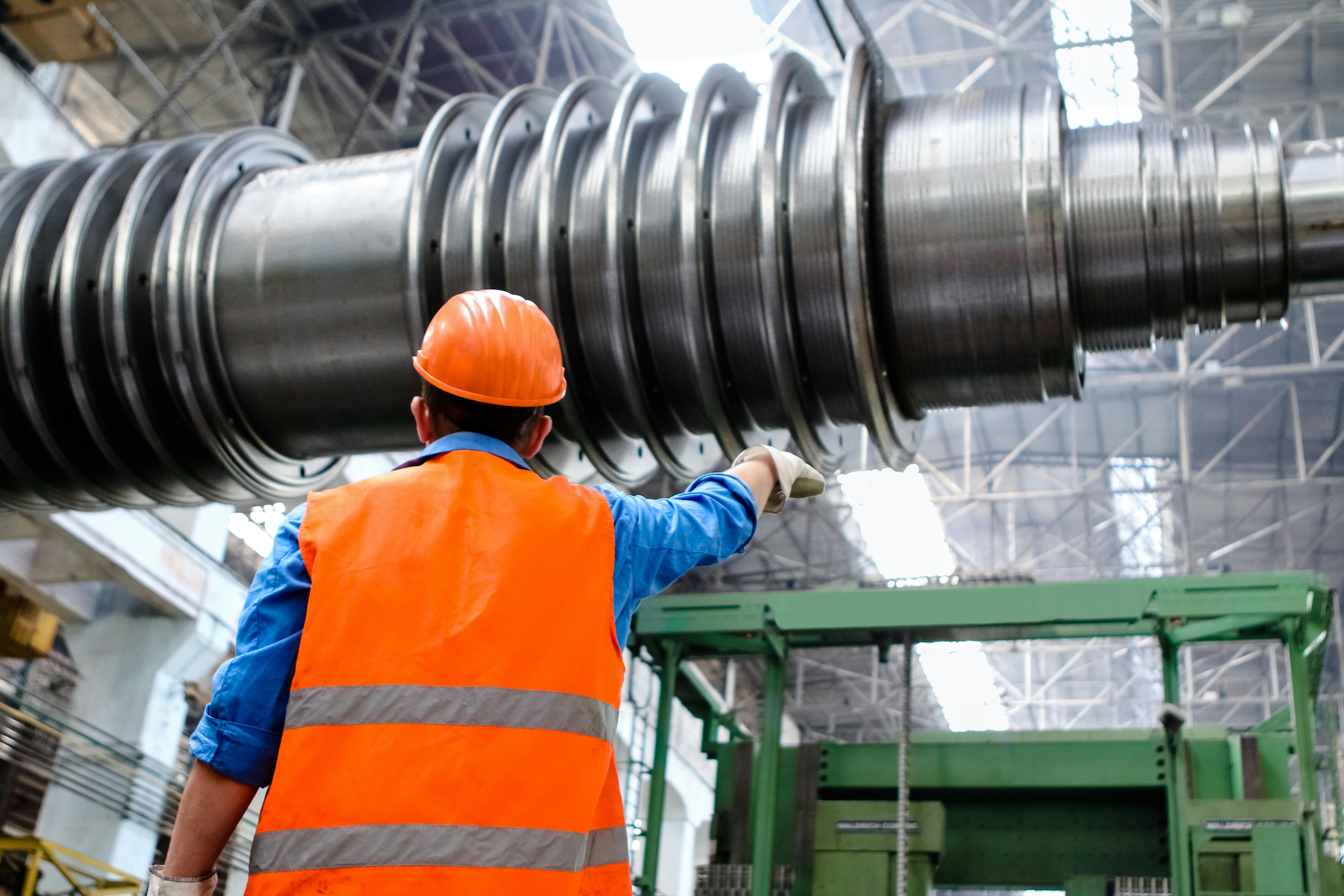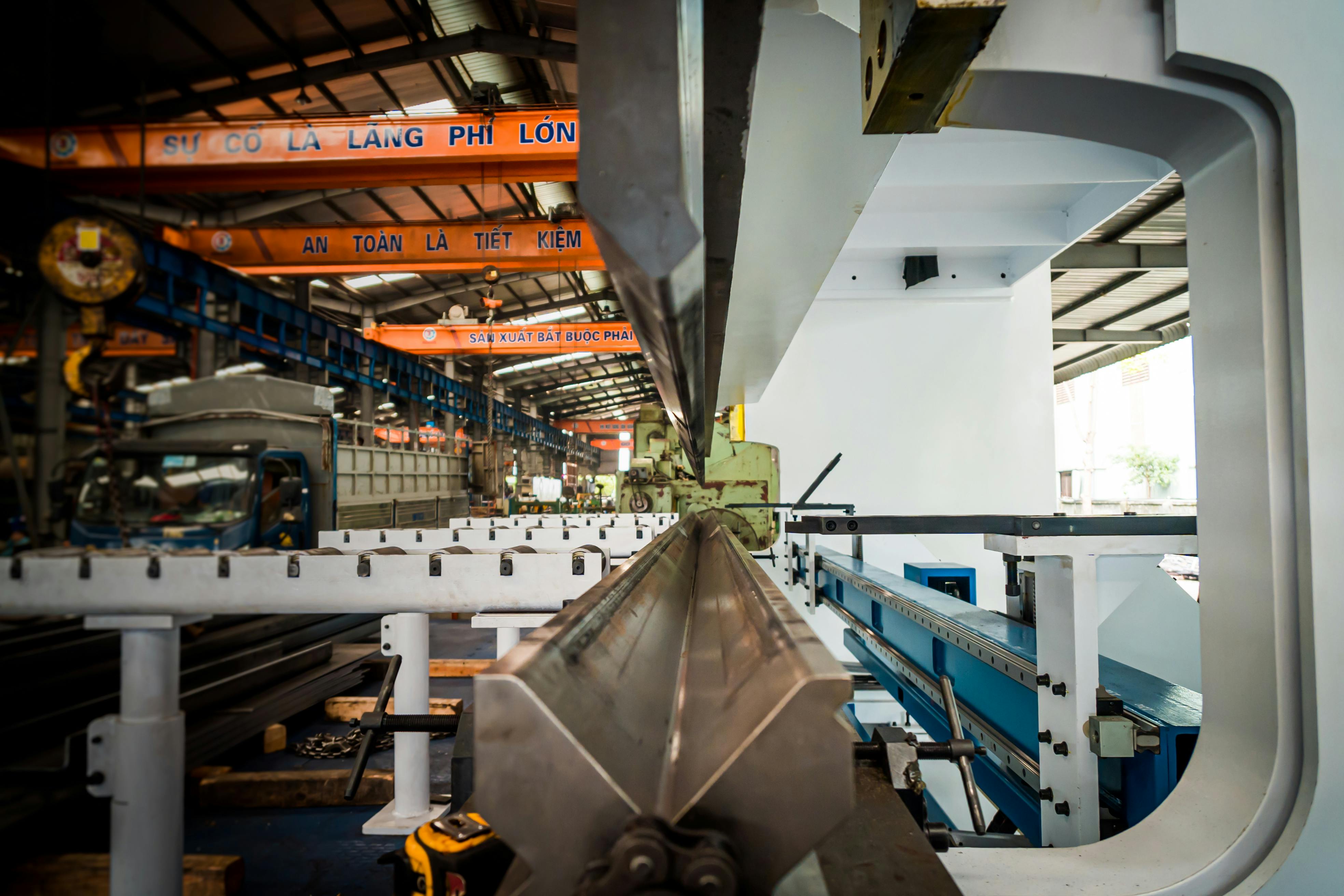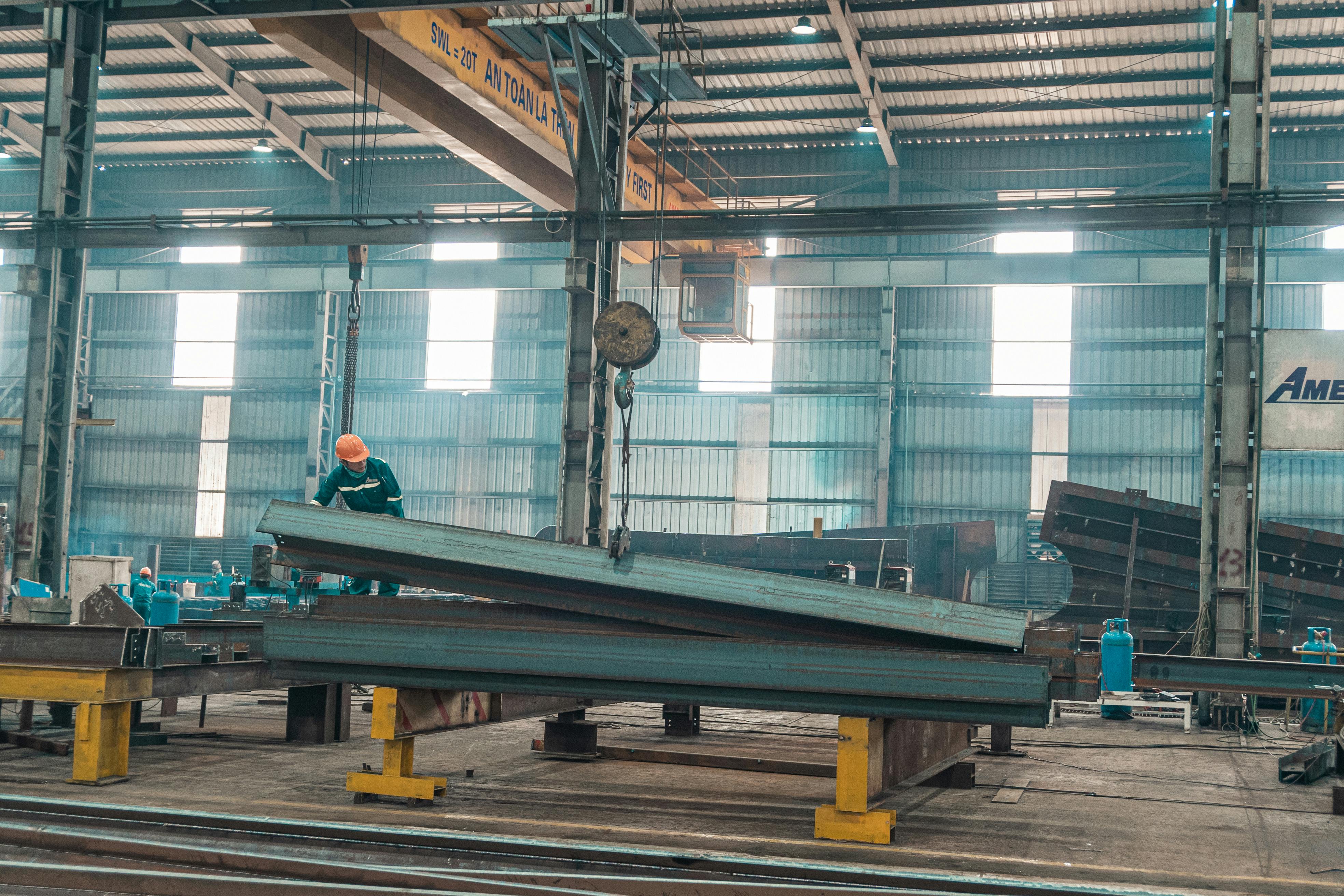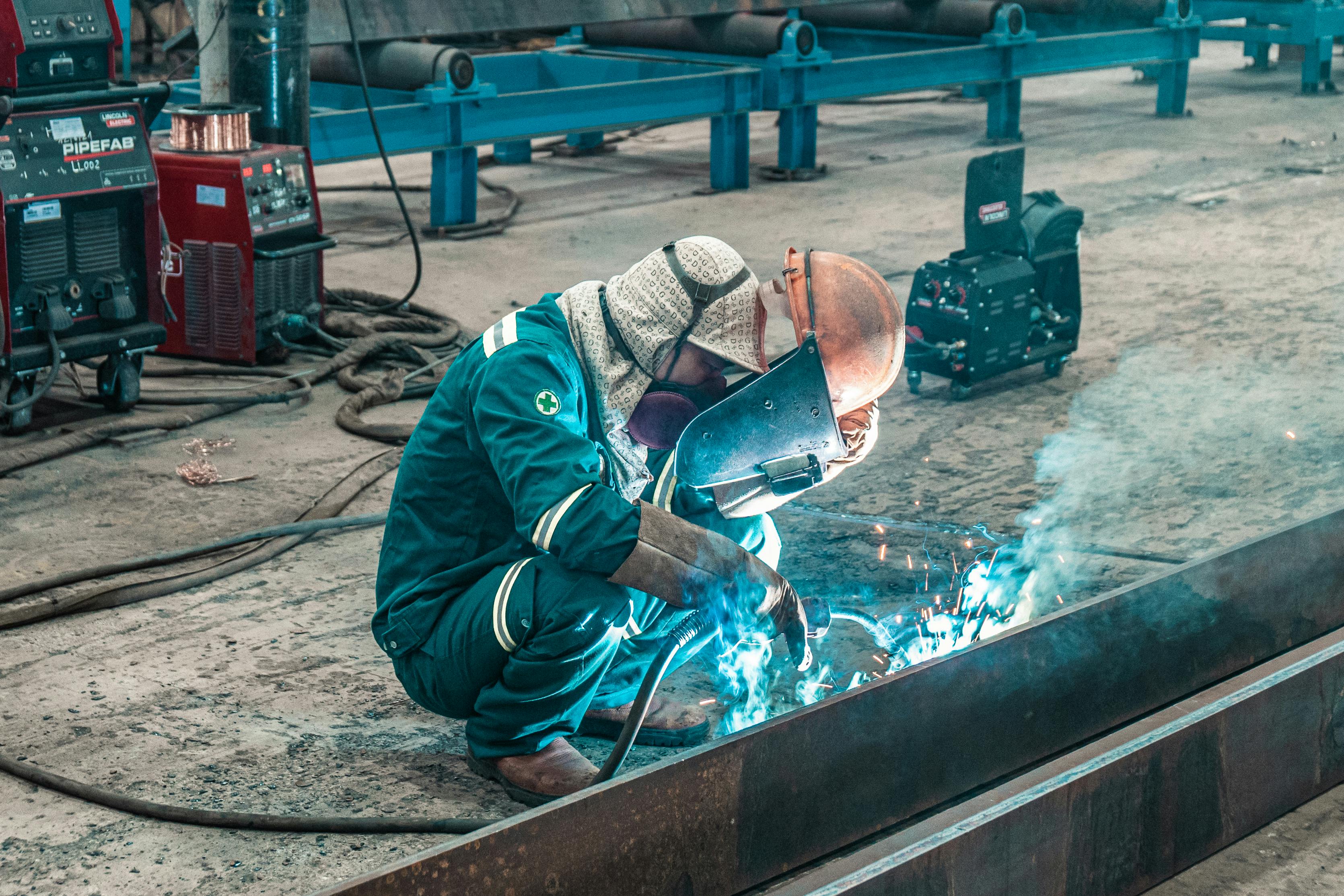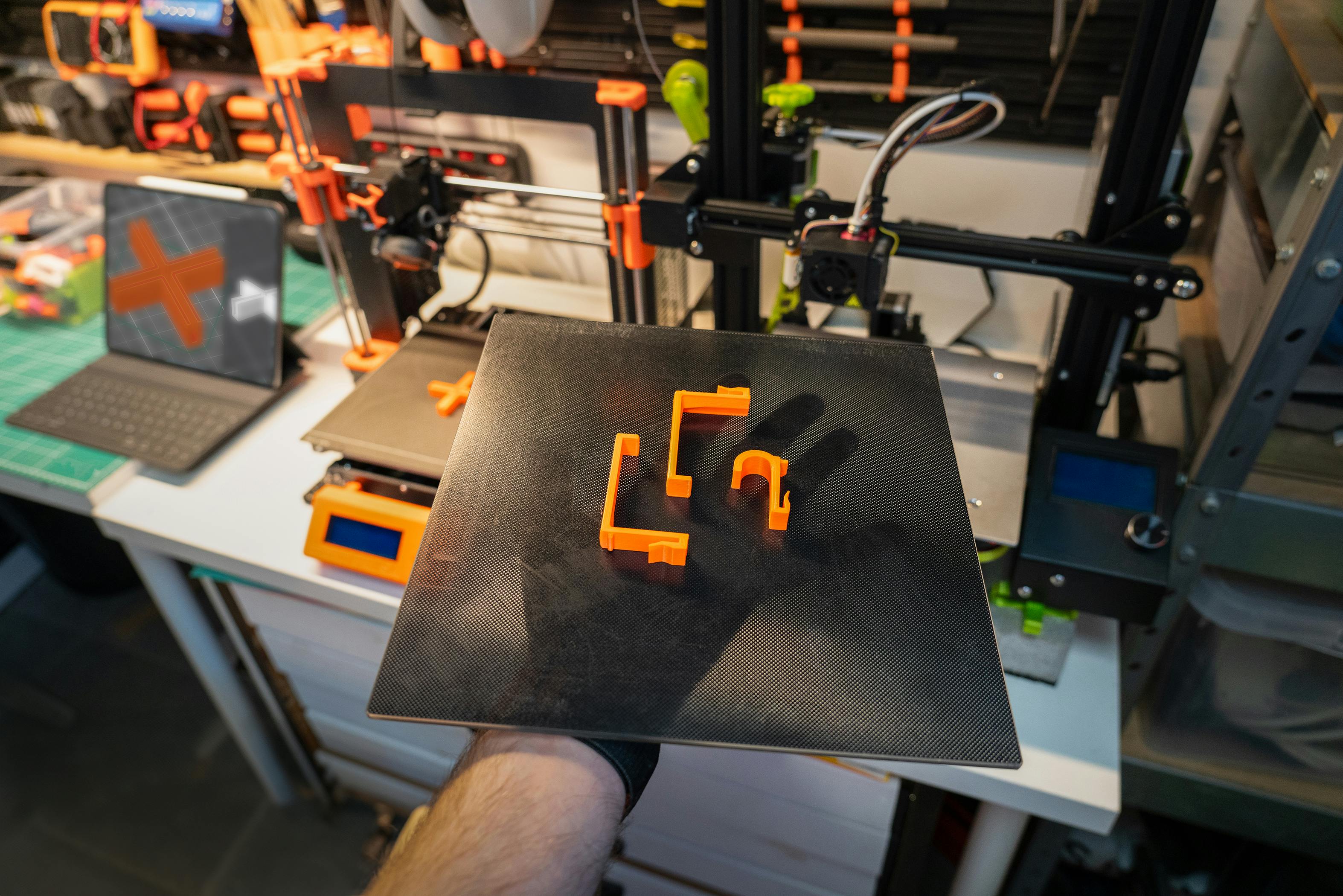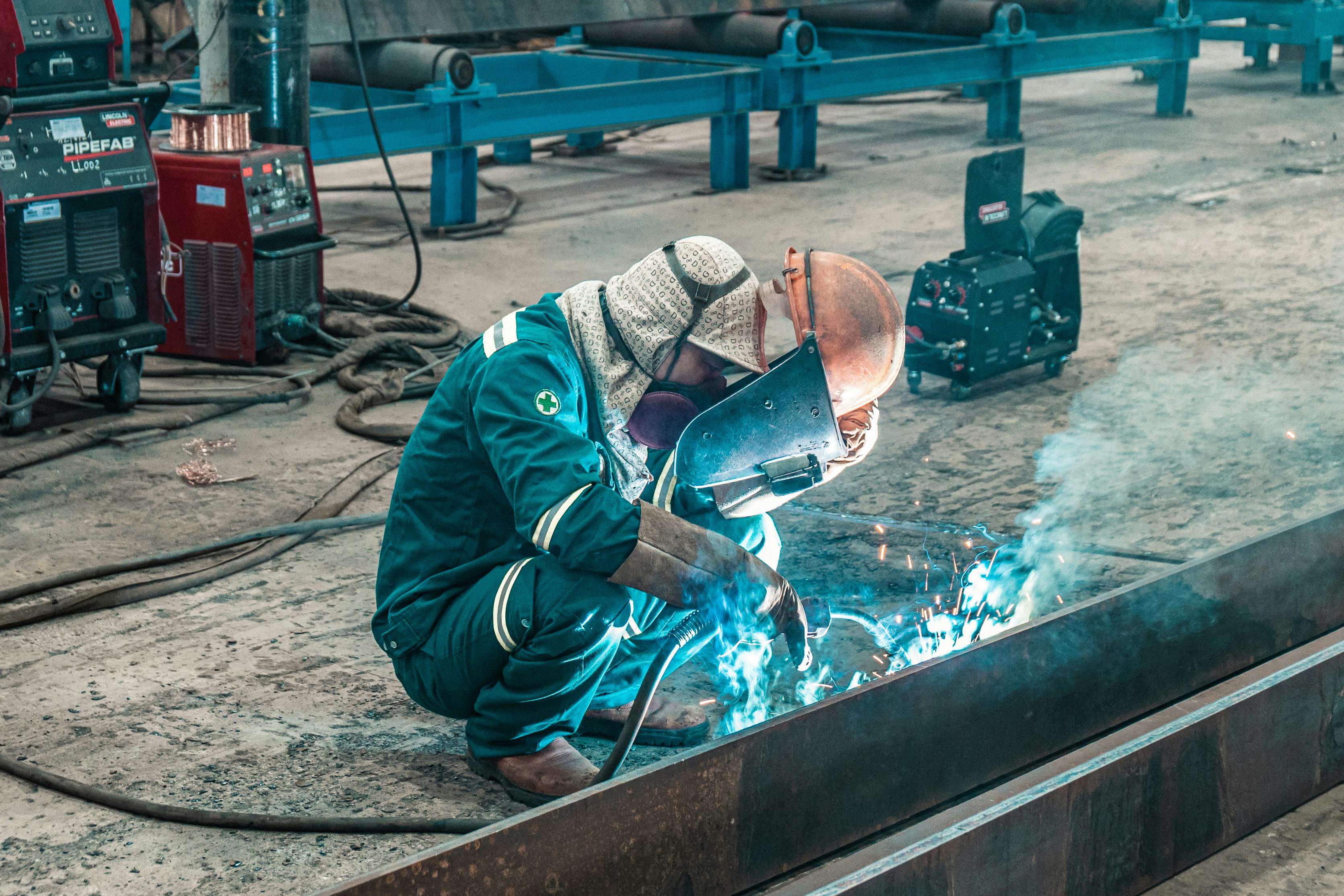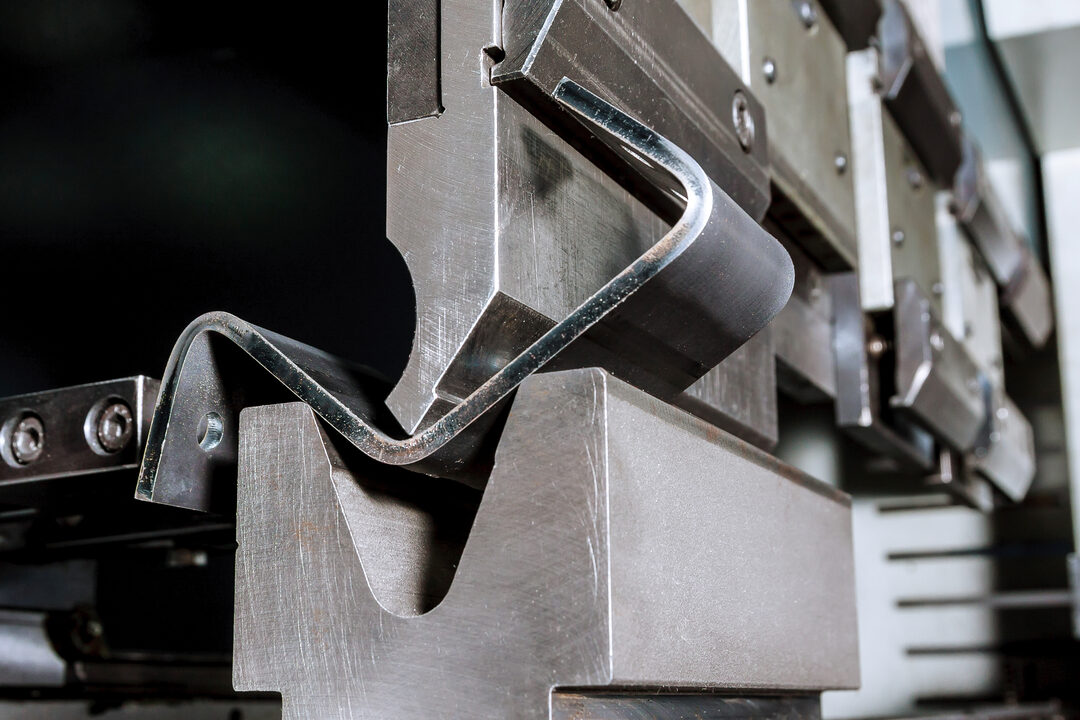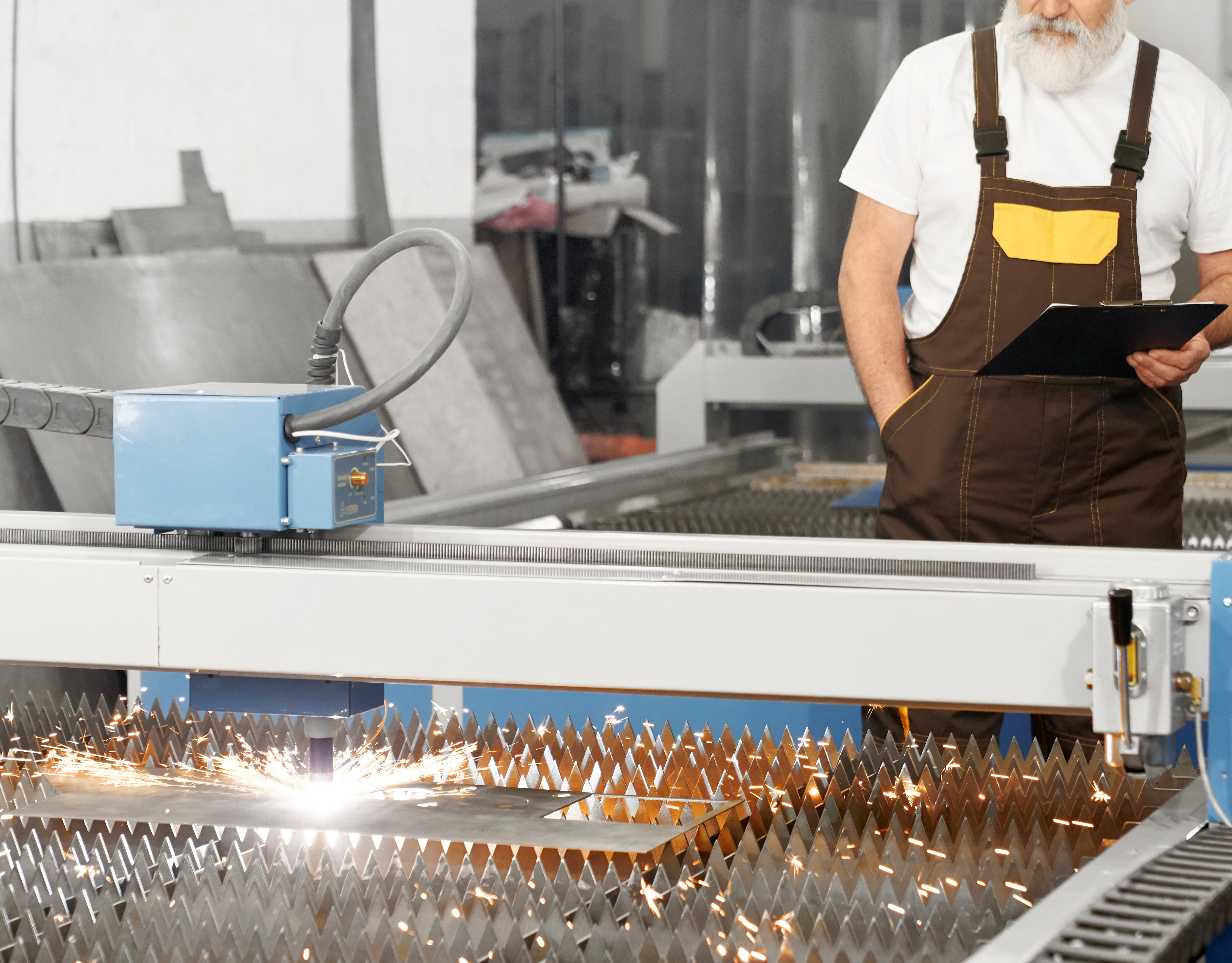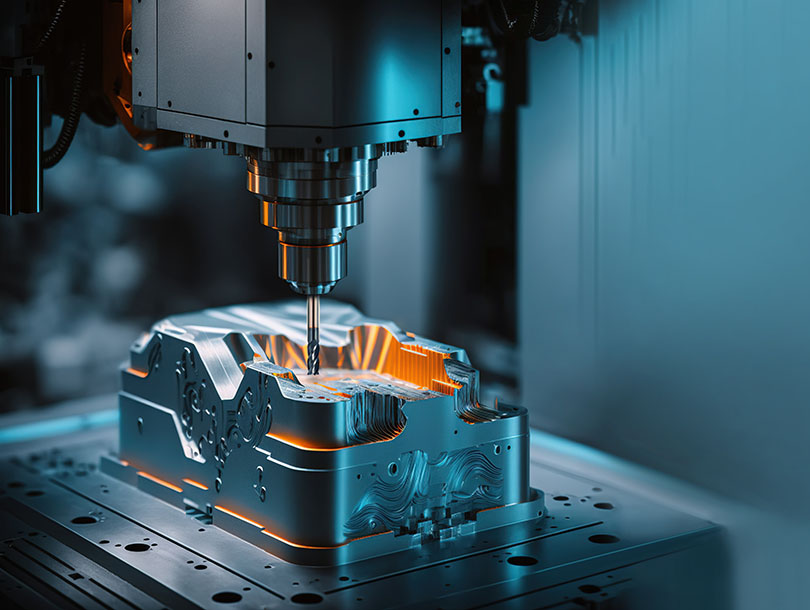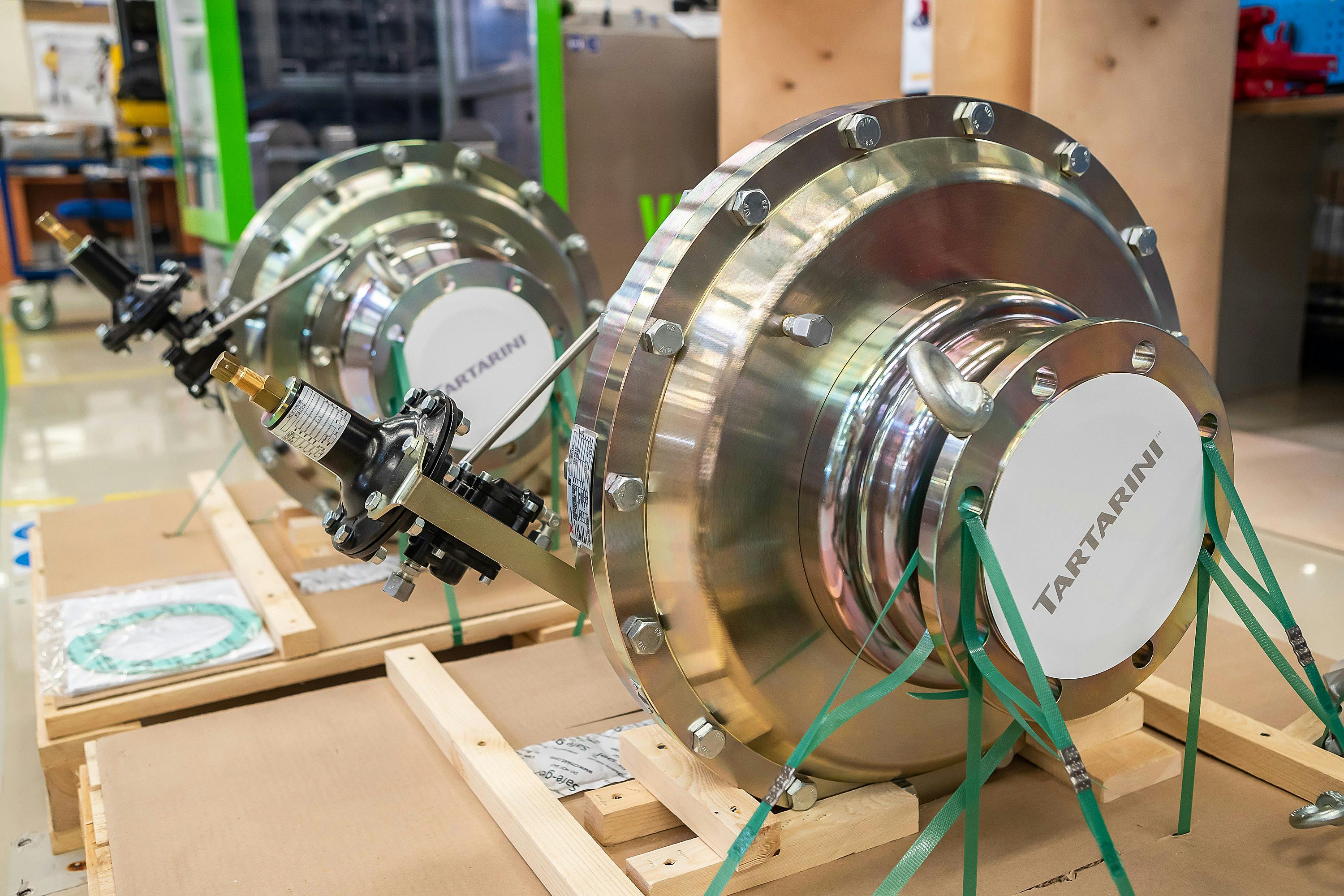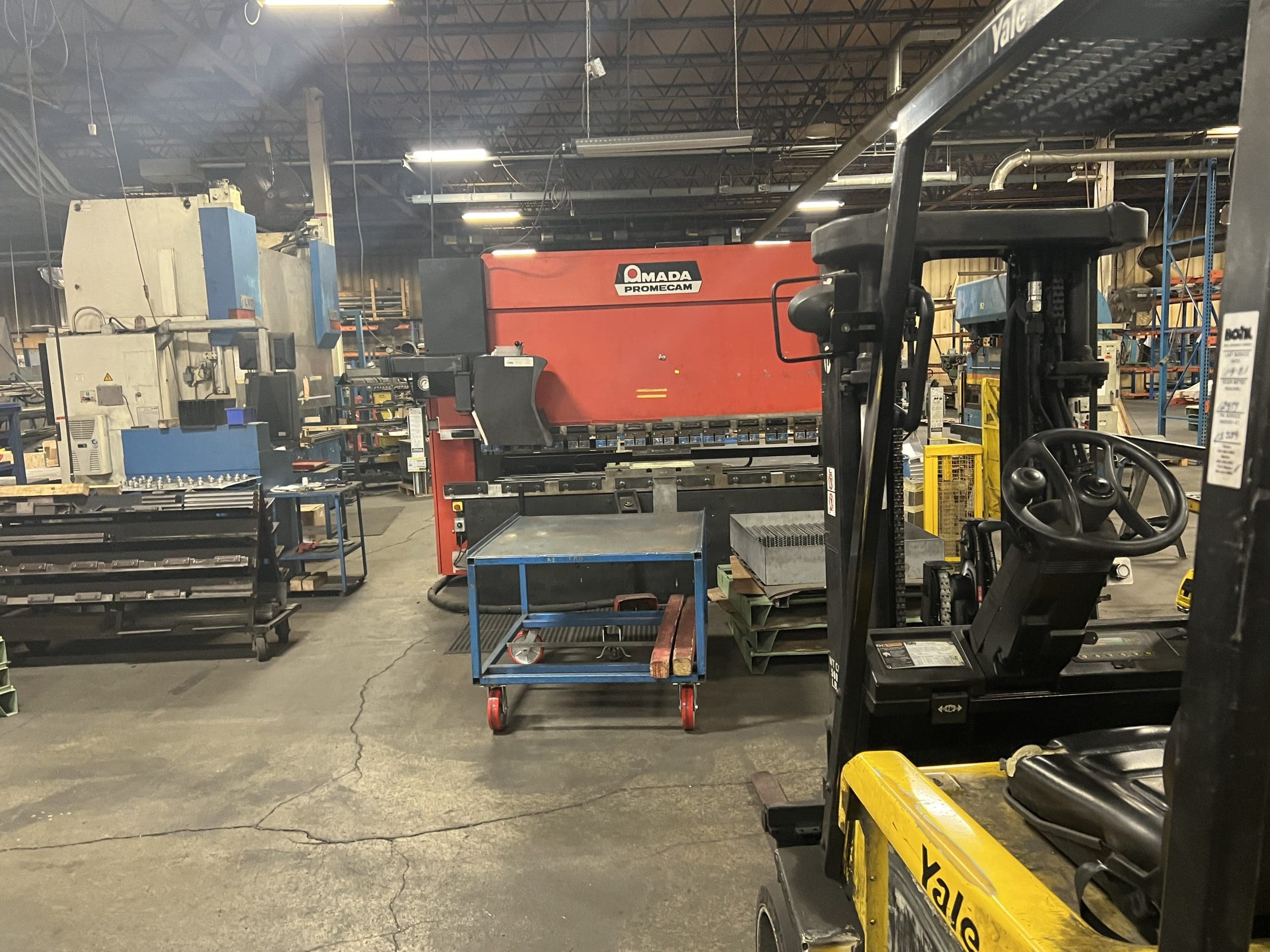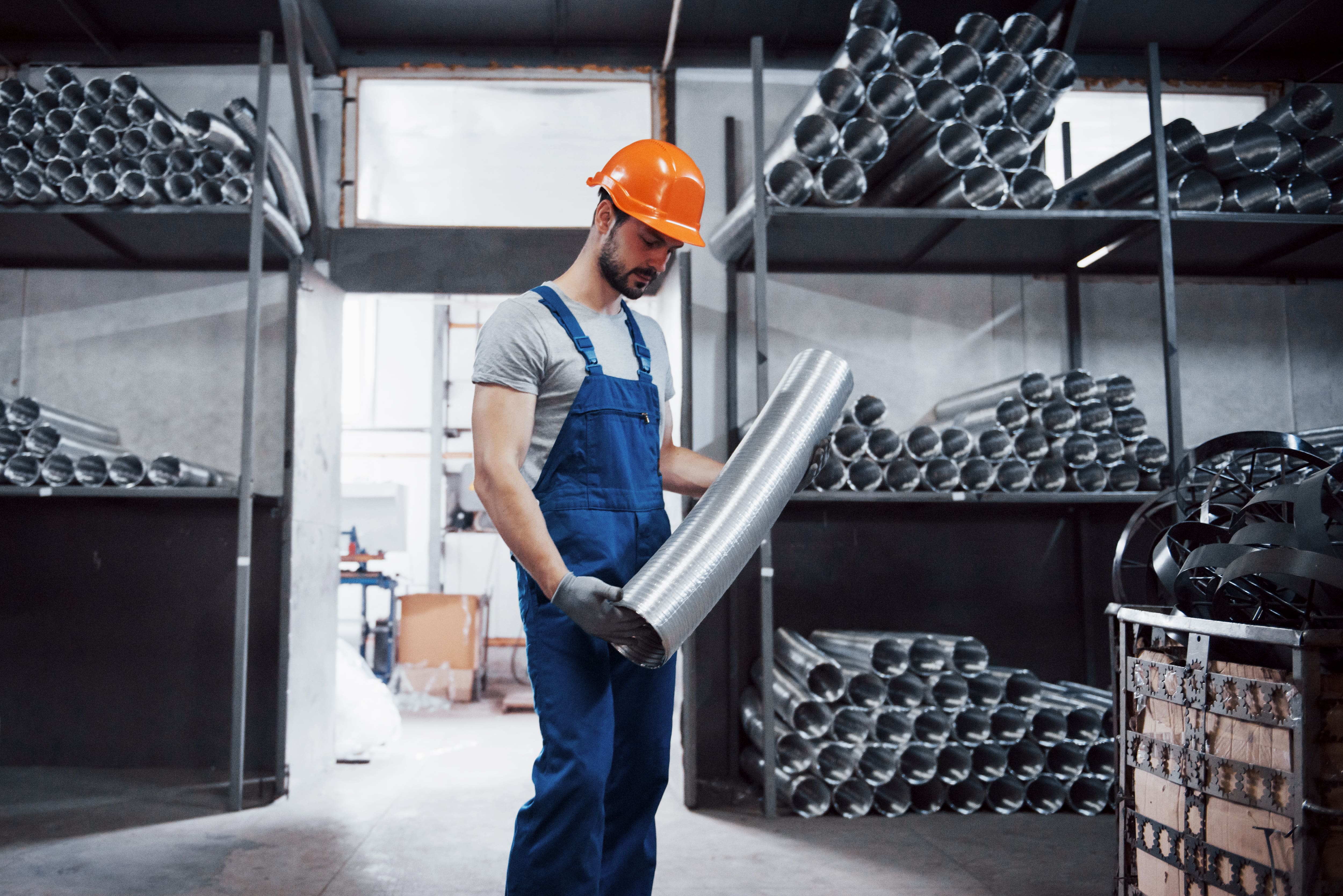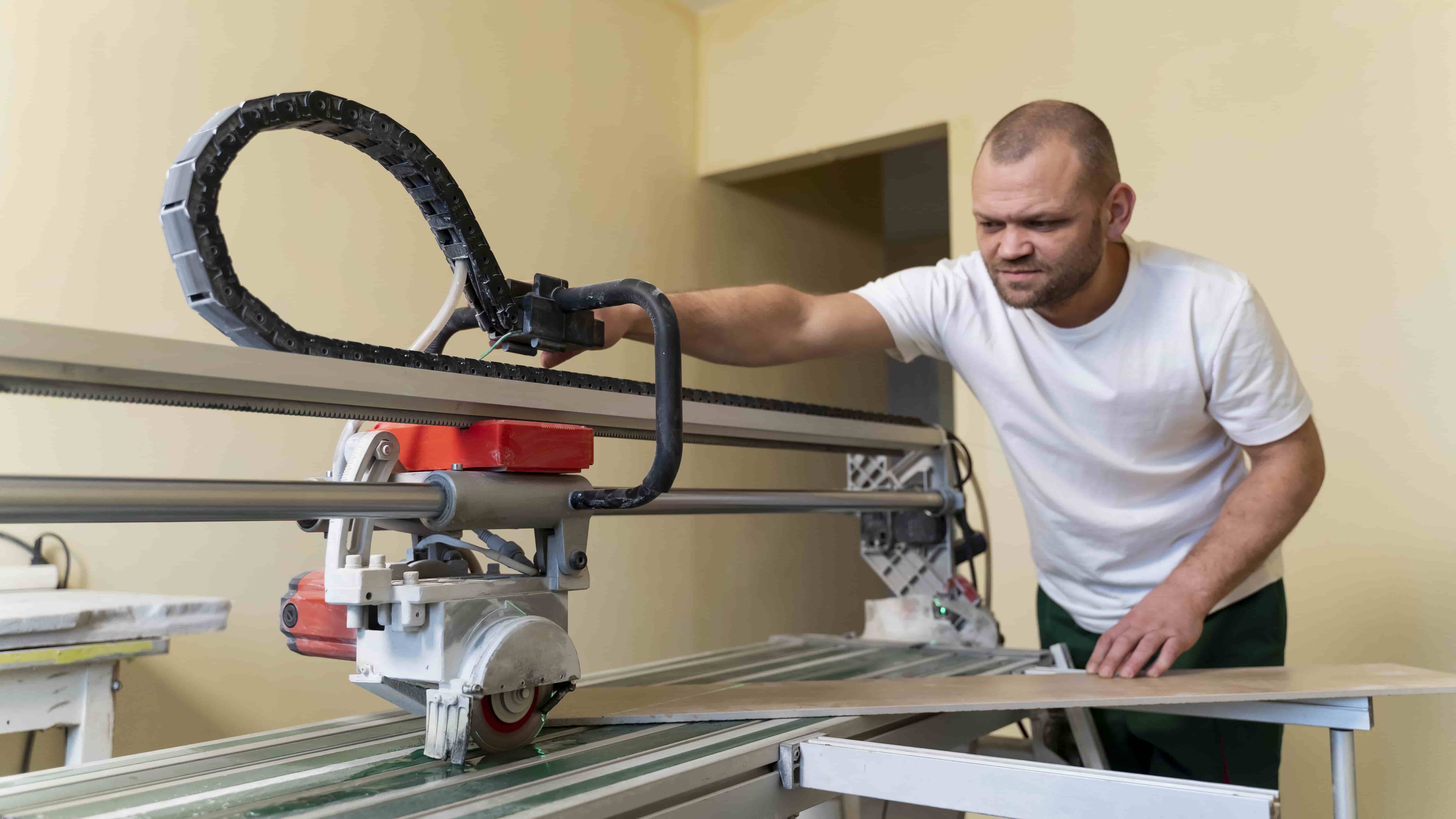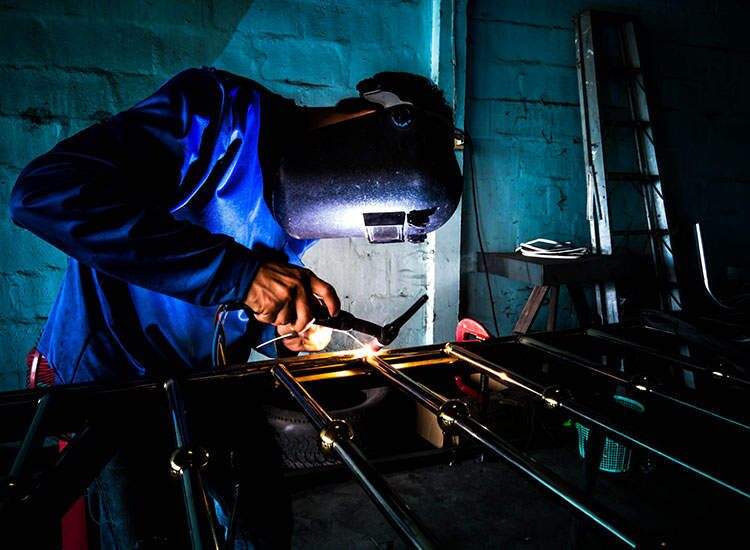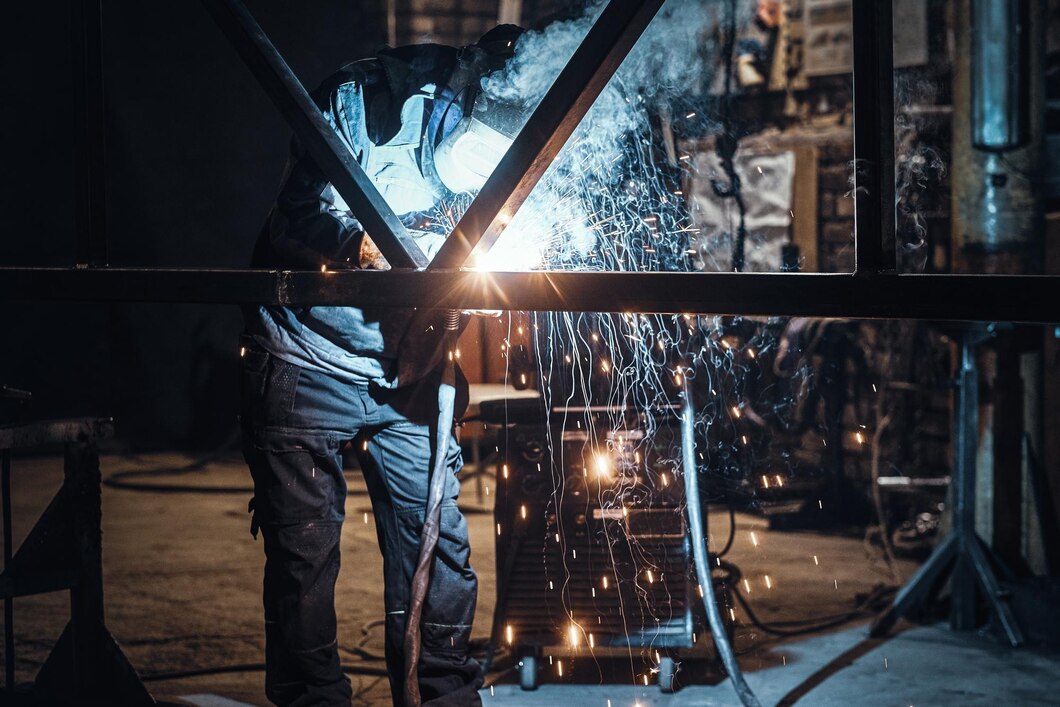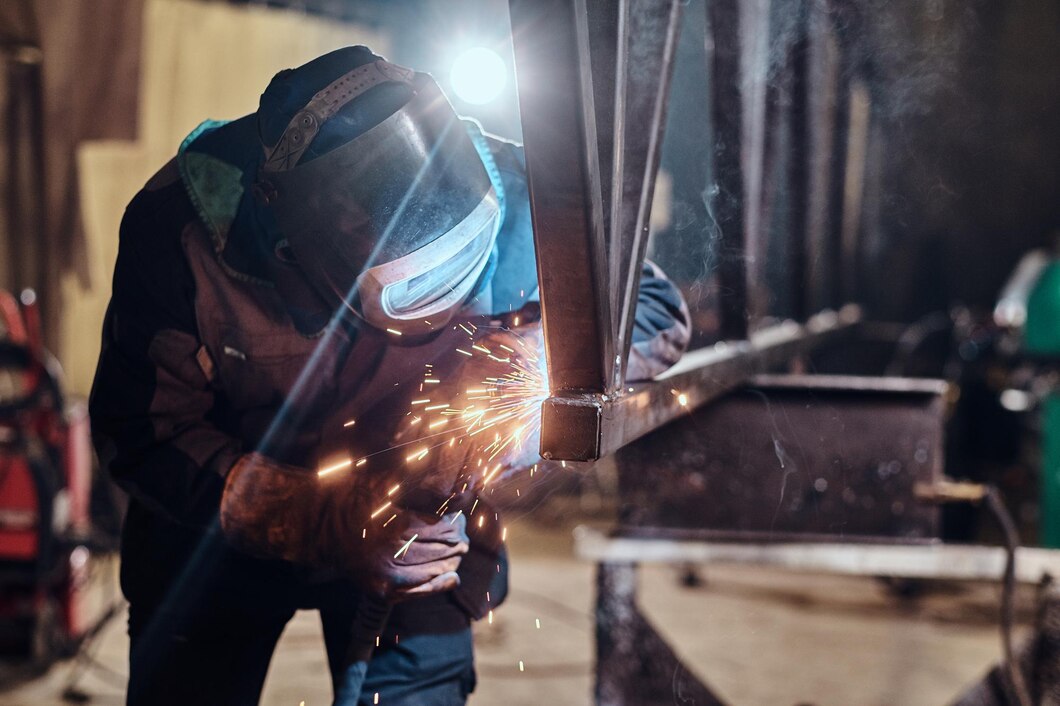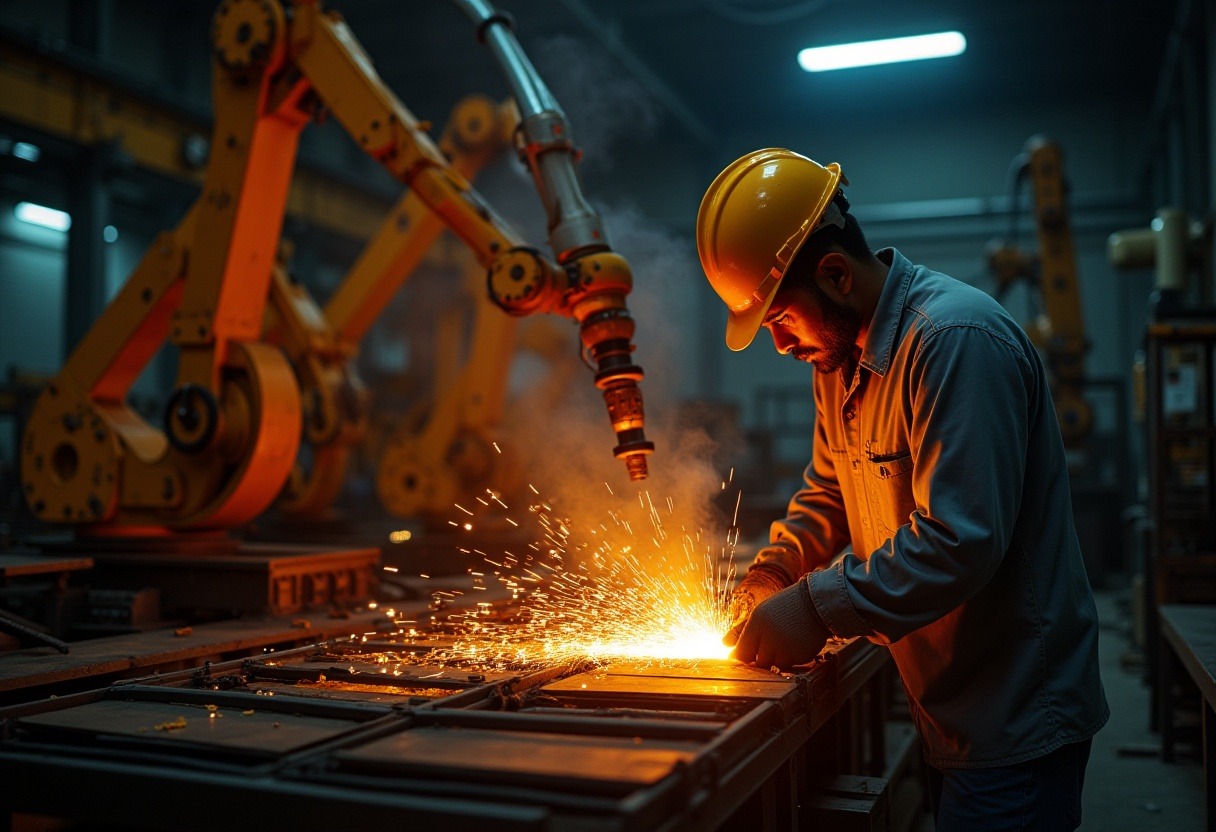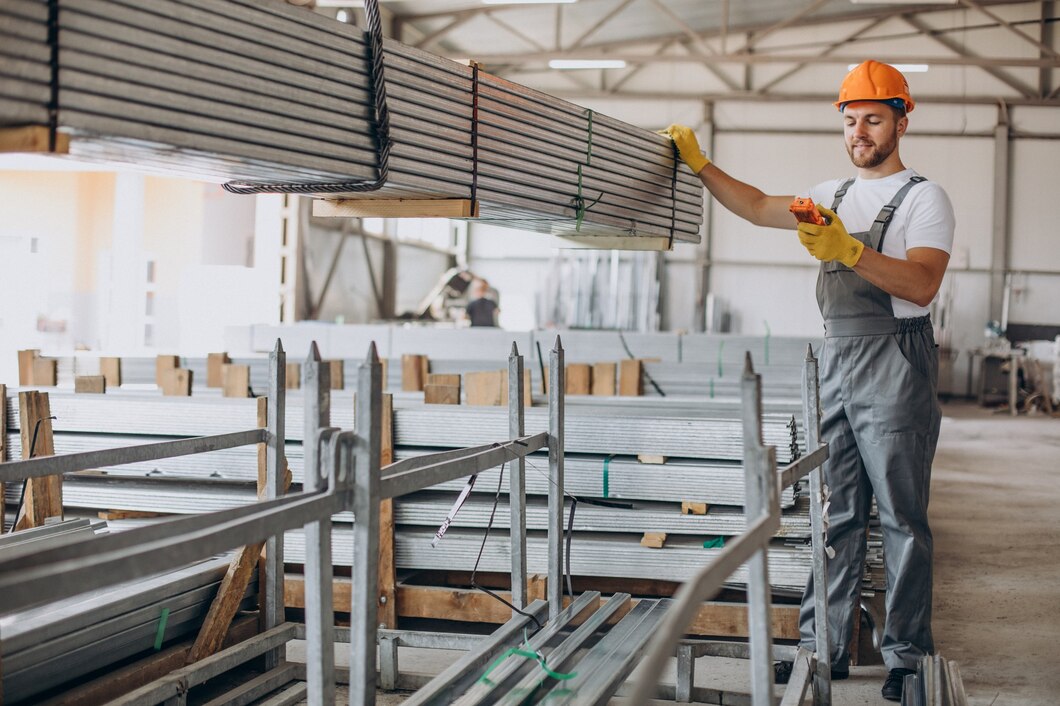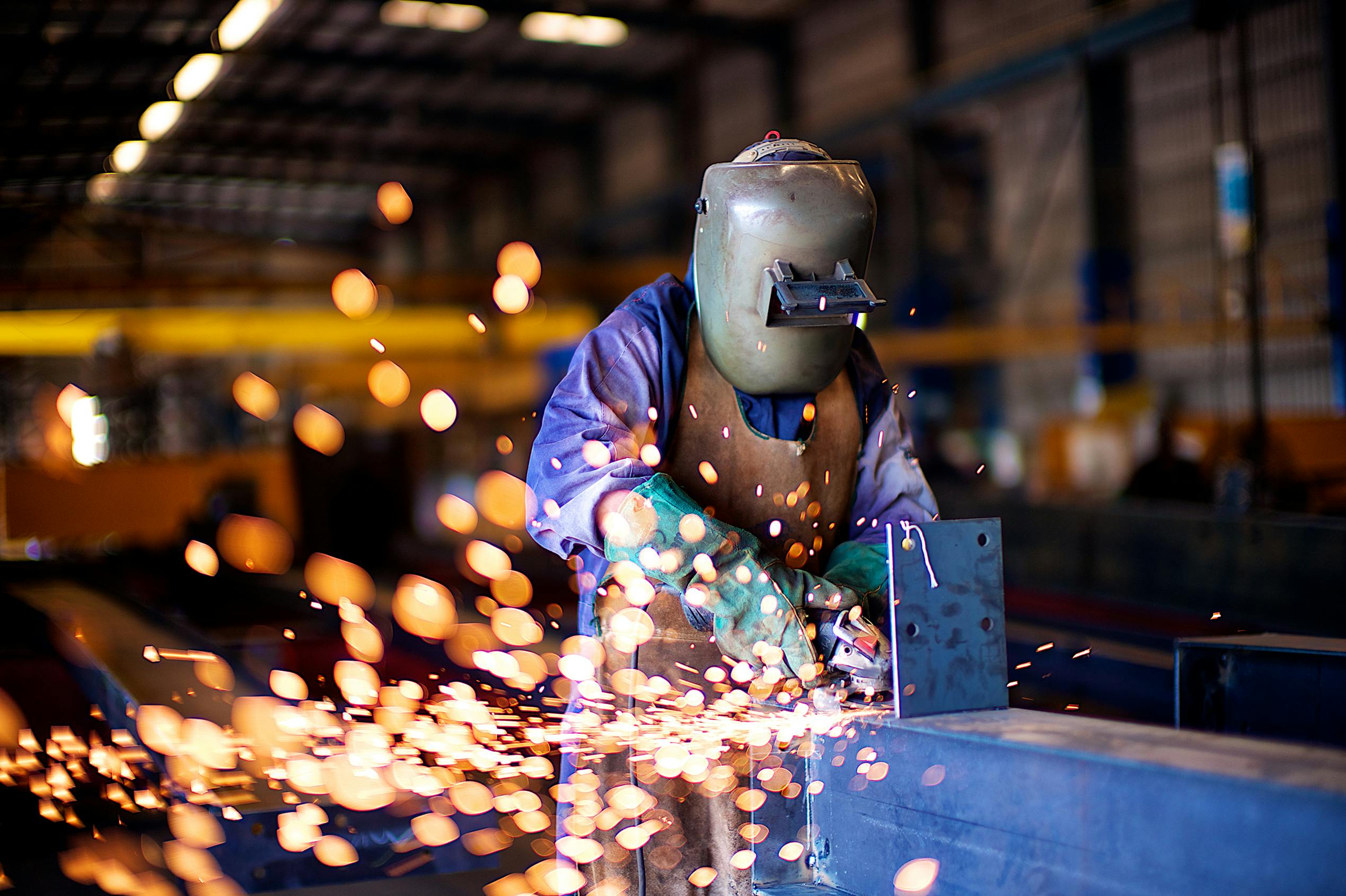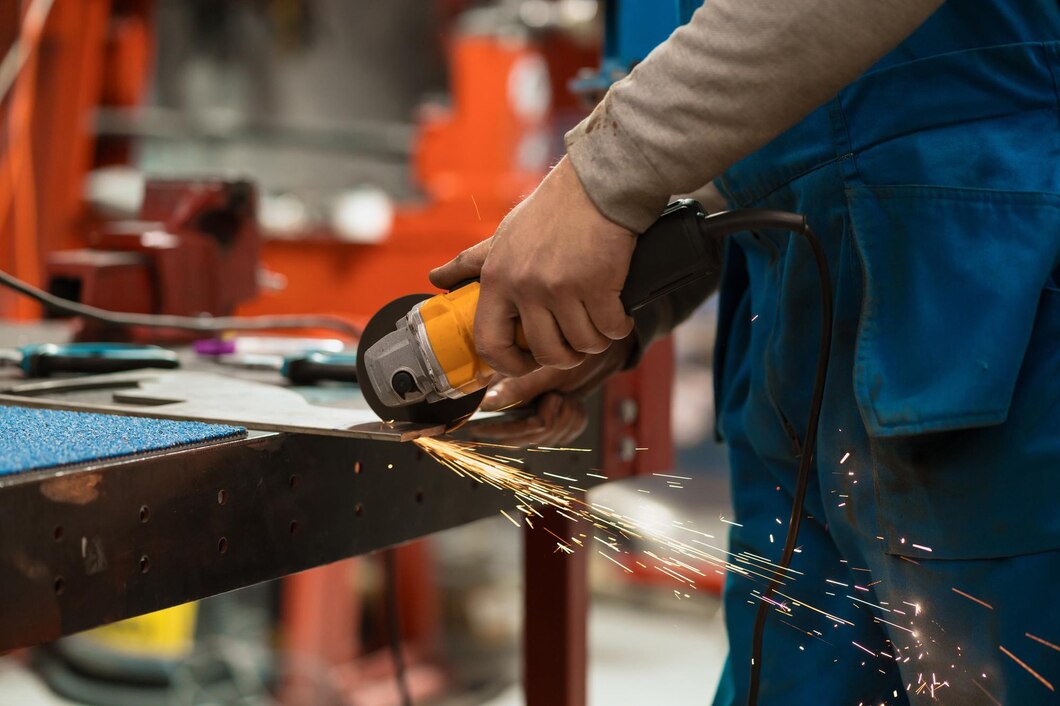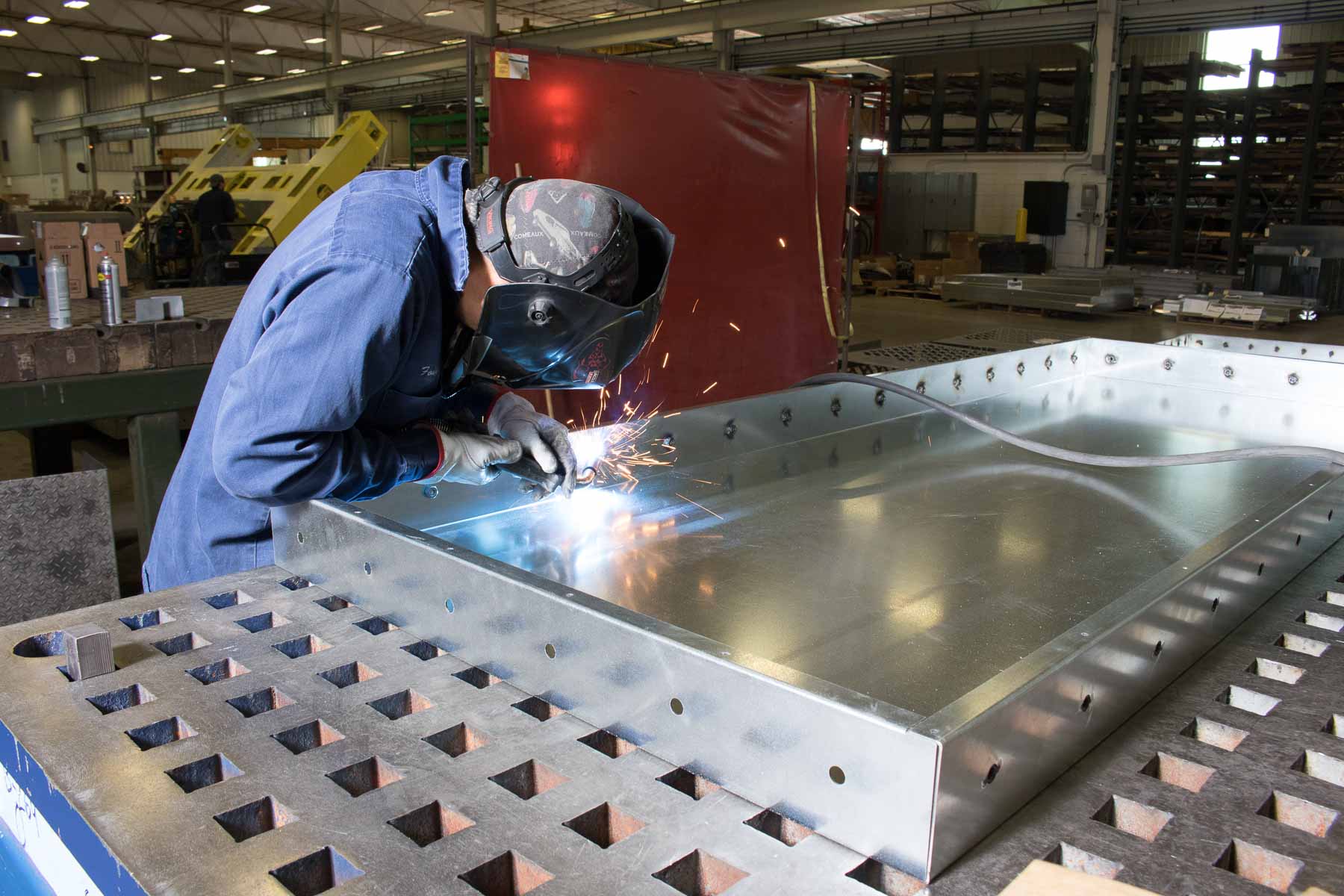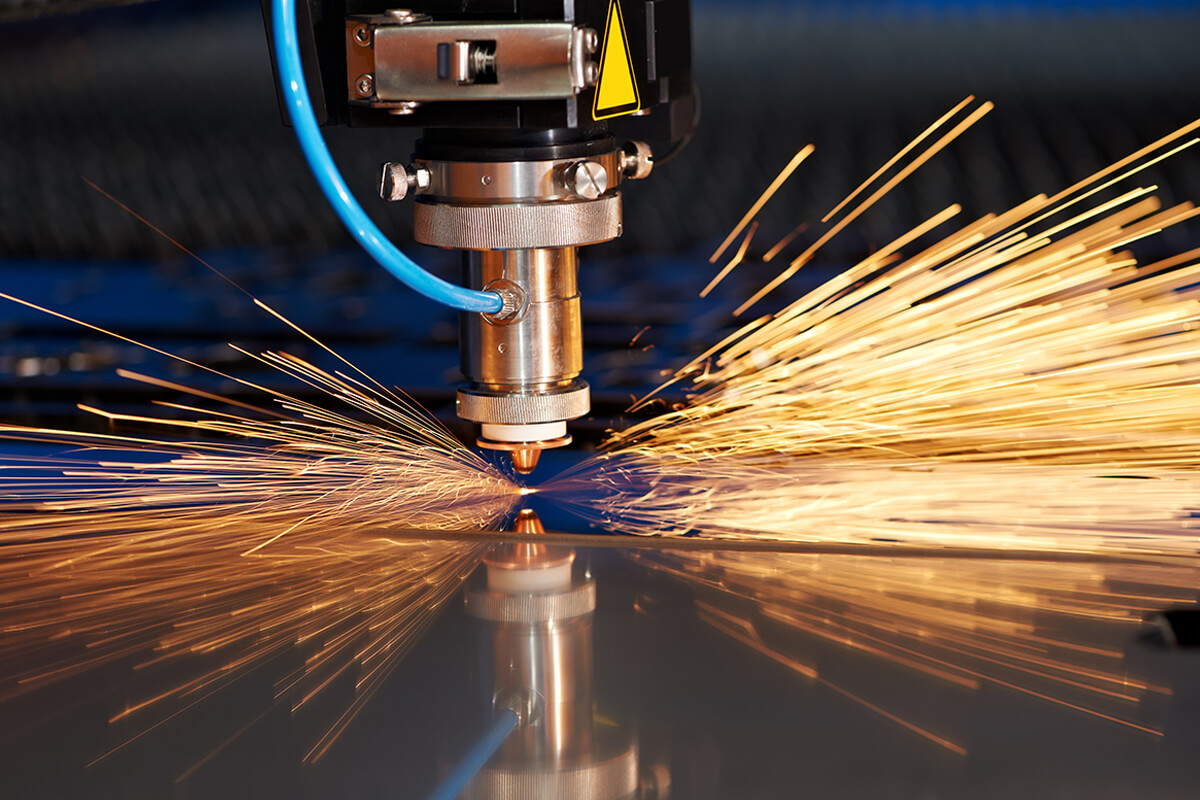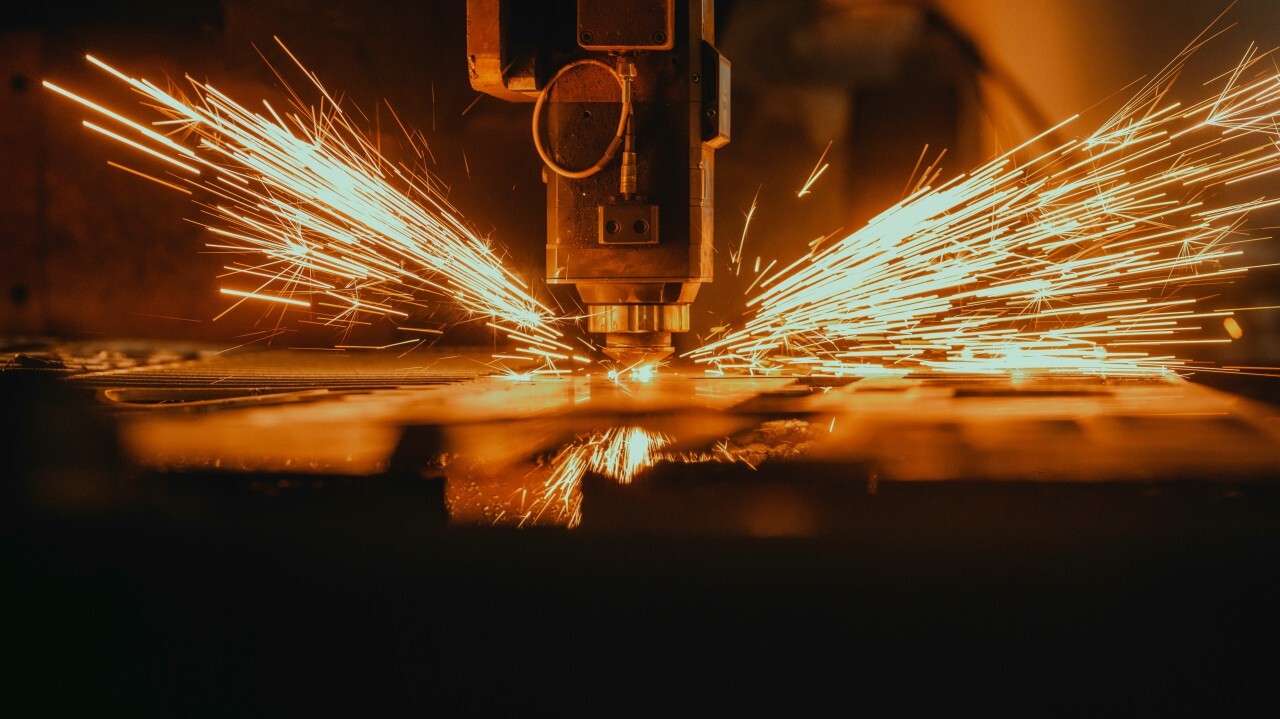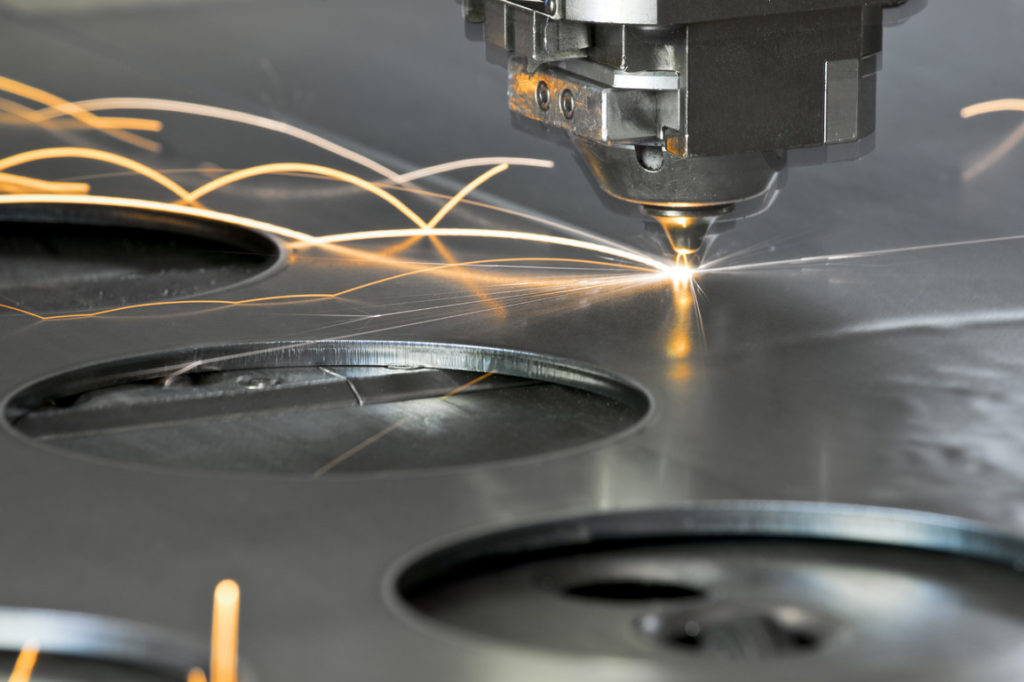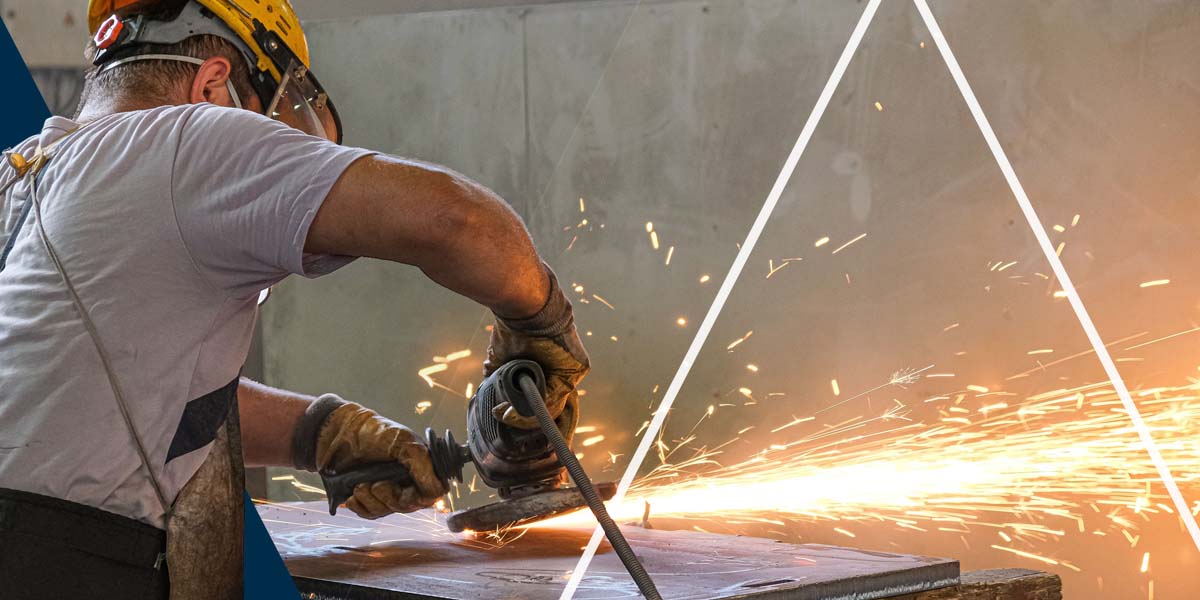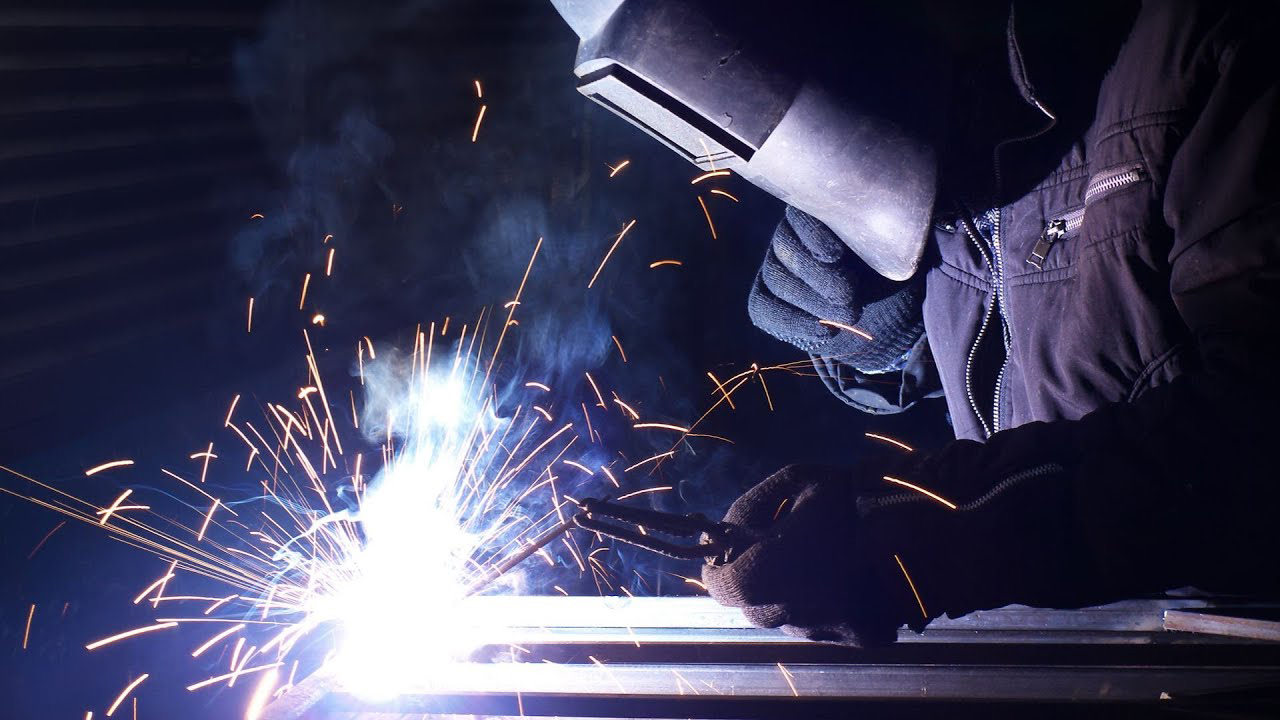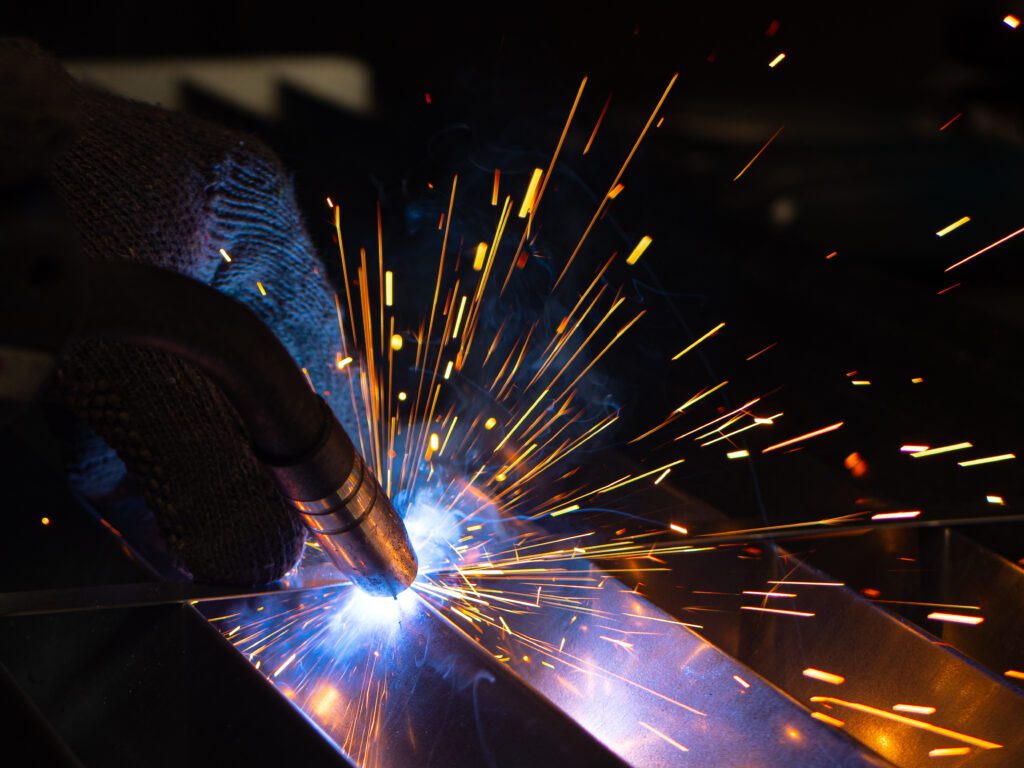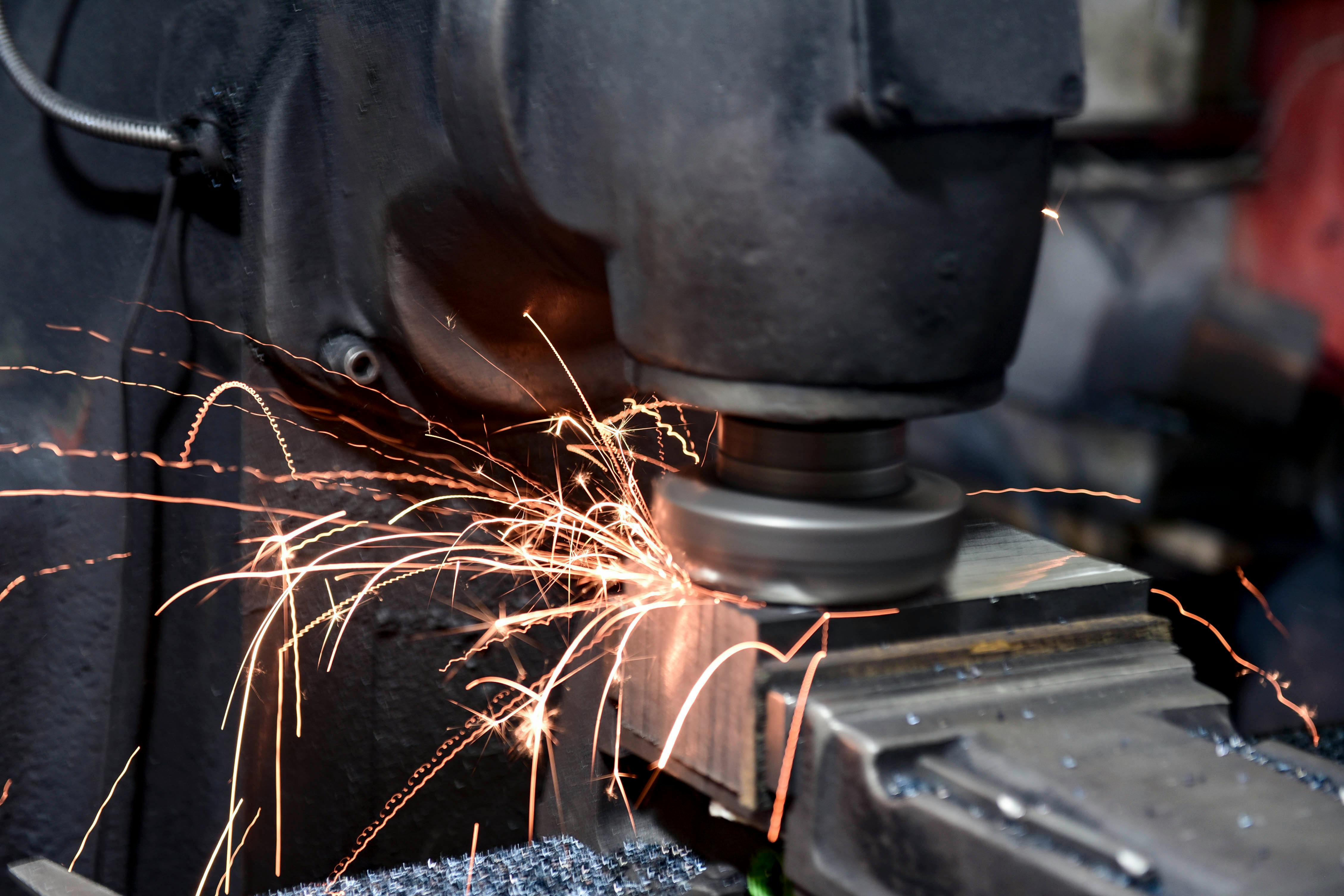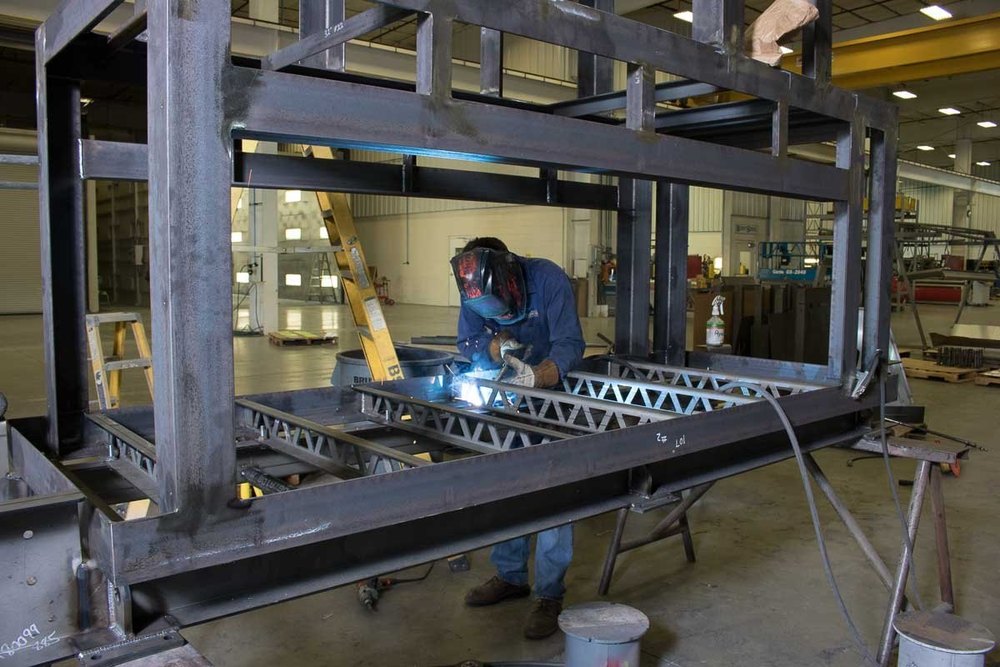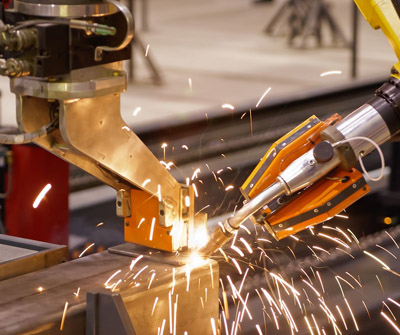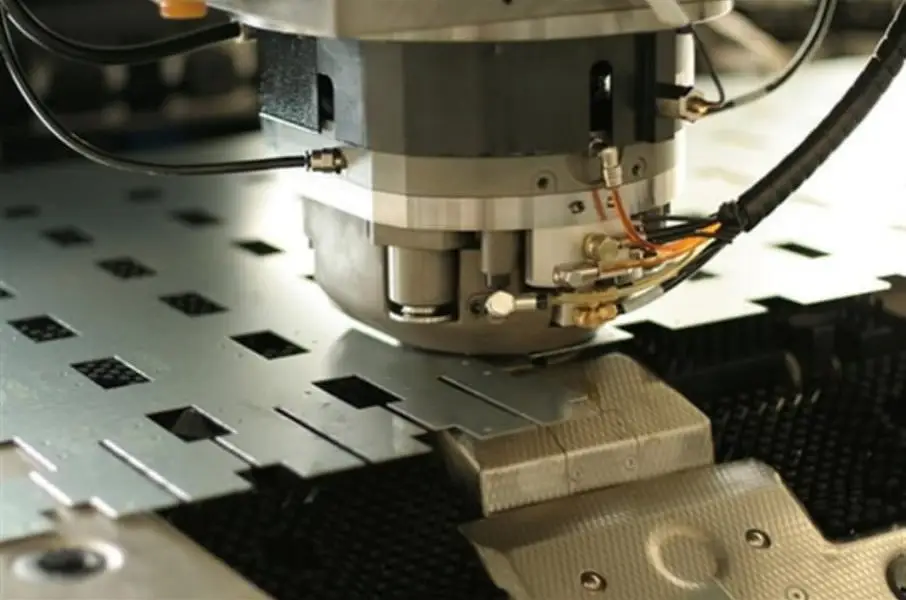Cost-Effective Sheet Metal Fabrication Solutions in Bangalore
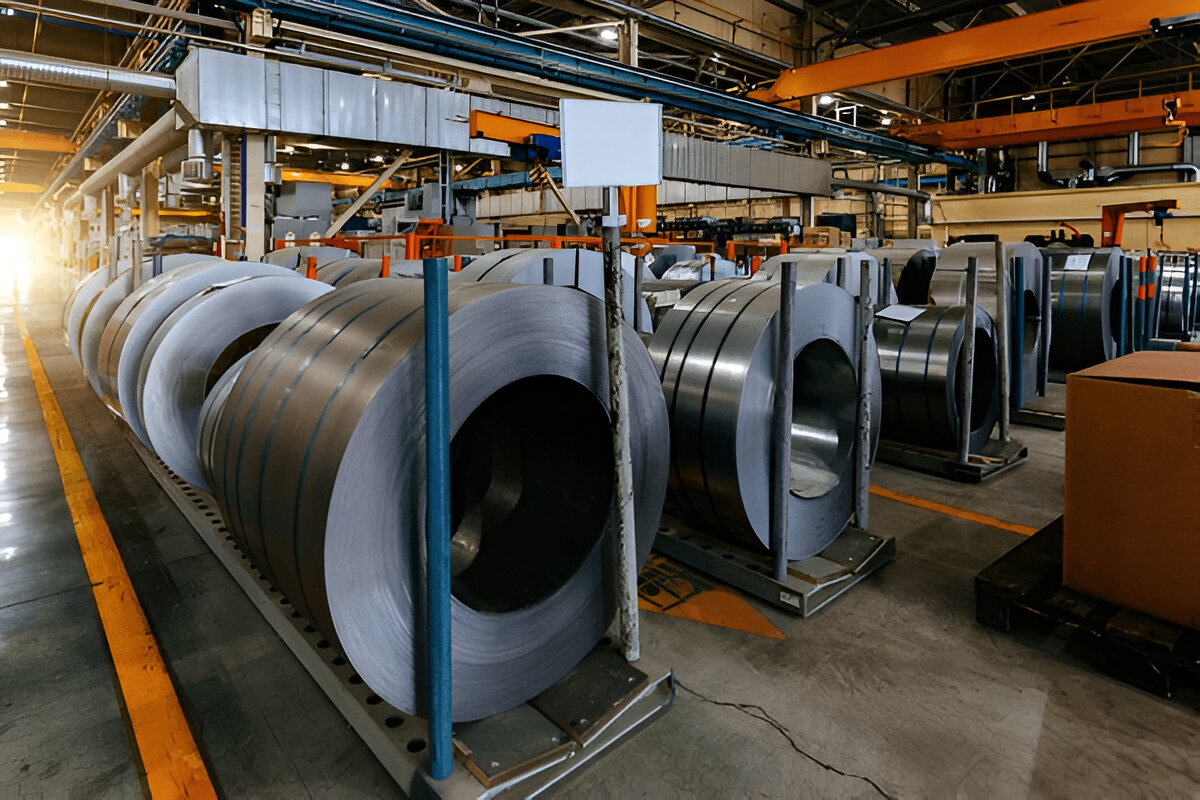
Introduction
Bangalore: A Rising Center for Sheet Metal Fabrication
Often known as the "Silicon Valley of India," Bangalore has developed into a vibrant center for a range of businesses, including manufacturing and information technology. Many companies there depend on premium, reasonably priced sheet metal fabrication in Bangalore to satisfy their production needs. Creating metal components utilized in many different industries like automotive, electronics, aerospace, industrial manufacturing, and consumer goods depends critically on sheet metal fabrication. The demand for tailored, exact, durable metal components is rising as sectors develop, which in turn fuels the need for reasonably priced, quick sheet metal fabrication services in the city.
Sheet Metal Fabrication: Their Value
The value of sheet metal fabrication is found in its capacity to offer flexible and reasonably priced ways for producing intricate metal components from flat metal sheets. Metal sheets are cut, bent, punched, and assembled to create components that satisfy particular design criteria. From sophisticated electronic enclosures to automobile body panels and equipment components, the final goods find employment throughout a broad spectrum. Maintaining competitiveness in their particular sectors depends on companies in Bangalore being able to get reasonably priced, premium sheet metal fabrication services. Zeometrix is one of the top names in the city, offering affordable solutions that meet industry standards and help businesses stay competitive.
Ingredients Encouragement of Demand for Bangalore Sheet Metal Fabrication
Many elements in Bangalore help to explain the increasing need for sheet metal fabrication services. The industrial scene of the city is varied; important sectors including electronics, automotive, and aerospace are flourishing. For example, whereas the electronics industry needs tailored metal enclosures for gadgets, the automotive sector in Bangalore mostly depends on sheet metal fabrication to generate car components. Businesses need dependable and reasonably priced solutions to reach their production goals without sacrificing quality since of this cross-sector demand. Companies such as Zeometrix are crucial in meeting these needs since they offer specialized fabrication services catered to various sectors.
- The Requirement for Economical Solutions
The need of affordable solutions gets even more evident as sectors grow and call for increasingly specialized items. Companies using modern technology in sheet metal manufacturing are staying competitive under growing demand to lower running costs and increase productivity. Among the modern technologies revolutionizing the sheet metal fabrication process are automation, precise cutting, robotic welding, and 3D printing. These developments improve the final result's quality as well as aid cut waste, slash labor expenses, and hasten manufacturing schedules.
- Bangalore's Contribution to World Manufacturing
Bangalore's rising global industrial hub adds even more need for reasonably priced sheet metal fabrication services. Businesses in Bangalore have to develop ways to create premium metal components at less prices if overseas corporations are more and more present and export-oriented growth is pushed. This will help them to stay competitive in the worldwide market. Thus, by providing reasonably priced solutions that satisfy worldwide criteria, the city's sheet metal fabrication sector is rather important in helping the expansion and development of other sectors.
- Investigating the Financial Considerations of Sheet Metal Fabrication
This blog seeks to investigate the financial side of sheet metal fabrication in Bangalore, therefore offering understanding of the elements influencing manufacturing costs. We will also look at how companies may strategically use the given technologies to maximize their manufacturing processes and get best results by analyzing their competitive advantages. Navigating the complexity of sheet metal manufacturing and keeping ahead in a market growingly competitive depends on an awareness of these elements. Zeometrix is quite important in enabling companies to reach these goals with its knowledge and modern technology setup.
- Knowledge of Fabrication of Sheet Metal
In sheet metal fabrication, flat sheets of metal are cut, bent, and assembled to produce metal buildings and goods. Common metals found in manufacturing are brass, copper, aluminum, and steel. Products ranging in kind from frames, panels, machinery components, and enclosures are produced using this method. It finds application in everything from home appliances to automotive, aircraft, construction, electronics, and manufacturing.
Usually, the fabrication process comprises:
- Cutting: Using lasers, plasma, or water jets to cut metal sheets into desired shapes.
- Bending: Shaping metal sheets into specific angles or curves using presses and dies.
- Assembling: Joining different parts together, often using welding, riveting, or bolting techniques.
Bangalore's Sheet Metal Fabrication Business
Because of its regionally positioned manufacturing centers and a well-educated workforce, Bangalore has a number of sheet metal fabrication companies. These companies range from small family-owned businesses to large industrial companies. The strong engineering foundation in the city along with the talented workforce makes it an ideal location untuk fabrication services.
Bangalore’s competitive economy is attributed to several reasons which include:
- Availability of skilled labor: The city has a large pool of trained engineers and skilled technical professionals enabling fabrication in the region.
- Proximity to suppliers, customers, and competitors: The city has an advantage of a well-developed network of metal suppliers and customers which lowers the transportation overhead.
- Government support: The state government as well as the local administration provides various incentives as well as subsidies which lowers the overall cost of operation and enables competitive pricing for the end user.
Considerations Related to the Price of Sheet Metal Fabrication in Bangalore
Across different industries, the fabrication of sheet metals is one of the most flexible and important processes from which metal parts are derived. In the context of Bangalore with its burgeoning manufacturing base, it is critical for businesses to understand the cost considerations of sheet metal fabrication. Mastering some of these factors could make a considerable impact on a firm’s profitability. The raw materials that are purchased, the revision of product design, the methods of manufacturing, the production quantity, and assembly and finishing procedures all determine the total cost of production. Grasping each of these factors deeply will allow businesses to eliminate waste in their manufacturing processes and choose the optimal solutions for their requirements.
1. The Selection of Materials
The choice of materials affects the total cost of sheet metal fabrication the most. The particular metal chosen for a project especially influences the cost. The materials that are used in sheet metal fabrication include stainless steel, aluminium, mild steel, copper, and brass. Stainless steel is the most expensive of the group because of its superior durability, strength, and corrosion resistance. Its high cost is justified for items where these features are needed, including automotive and aerospace components and food processing equipment.
In contrast, aluminum is lighter and has better corrosion resistance. Although it is cheaper than stainless steel, price fluctuations due to demand and grade of aluminum make it less predictable. Mild steel is often the cheapest, especially in lower strength applications. However, the cost of high-strength mild steel can be higher due to additional processing.
The grade and thickness of the material also matter. Strong, thick materials are costly to process due to the energy and labor needed. Fabrics with a higher grade, for instance, suffer from having specialized equipment needed from the production grade, driving cost further. On the other hand, thinner metals or lower grade metals though easier to fabricate, require less time and resources.
2. Design Complexity
The components' metal designs shapes determine the fabrication costs which directly depend upon the complexity of work needed to be done. In general, the more detailed elements are, the higher in price they come. With respect to advanced machines, manpower, and time, intricacy design poses chiiper models. For instance, sculpted parts need sharp angles, intricate precision, and details such as perforations, engravings, and embossing which can drive costs up.
In high demand in today's world, custom designed shapes takes precedence over traditional methods like shearing. Their replacement, water jet cutting and laser cutting are deemed more costly than suggested counterparts. Further, with respect to their working cost, these methods help reduce tool time setup irrespective of the detailing involved.
In contrast, less intricate design features and cutting require fewer resources, and are thus more simple and straightforward. Costs are kept low because time and labor is reduced. To cut down fabrication costs, businesses should consider eliminating complex features in the design that do not impact functionality or performance.
3. Manufacturing Techniques
The manufacturing technique applied to sheet metal fabrication remains one of the key issues regarding cost. There are different fabrication methods, each with its distinct set of cost considerations. Shearing and stamping are more traditional techniques that, unlike laser cutting, water jet cutting, or plasma cutting, are less expensive due to their lack of precision. Depending on the design, material, and quantity to be produced, sheet metal fabrication manufacturers often select the most appropriate technique that balances quality and cost efficiency.
An example of a more modern method of fabrication is laser cutting, which excels in precision and intricacy while minimizing waste. As with other advanced manufacturing techniques, laser cutting features a sharp increase in operating cost due to the significant upfront investment and ongoing maintenance required for the machines. Water jet cutting suffers from the same issue – while a jet of water under high pressure is effective for metal cutting, the specialized equipment and operating expenses make water jet cutting more costly than traditional methods.
CNC machining is an automated manufacturing process that utilizes computers to control the machines performing the processes like drilling, turning, or milling. Like other advanced techniques, CNC machining provides high precision owing to its automation, but also requires considerable investment in equipment. While the cost of operation and maintenance of the CNC units may appear steep due to the initial setup, long-term gains in precision, repeatability, and lower labor requirements will eventually outweigh the upfront costs.
Among other reasons, businesses must consider the precision of the technique and the cost associated with its fabrication, which ultimately overlaps with complexity of the project, type of material used, and even the scale of production. The precision and accuracy of advanced techniques offer undeniable advantages, but the business has to evaluate the additional expenses that come with them to render the most cost-efficient solution for their project.
4. Volume of Production
The volume of production is yet another factor which affects the cost of sheet metal fabrication. Economies of scale tend to make larger production runs more cost-effective. For example, during a mass production run, the initial costs associated with tools, equipment, and labor can be recovered more efficiently because these costs can be amortized over a larger number of parts. This is particularly true for mass production runs where automated systems such as CNC machines, robotic welding, and other manufacturing technologies can operate at high efficiency, further lowering costs.
Smaller production runs or one-off custom projects, on the other hand, tend to have a higher per-unit costs due to fixed costs such as machine setup, tooling, and labor, which cannot be shared among many units. Additionally, small batch sizes may increase adjustments for manual processes, further aggravating costs and reducing overall efficiency.
Carefully evaluating the volume of production is critical for businesses in Bangalore looking to reduce costs. While large runs are typically more economical, smaller runs may be required for customized or prototype products. In these instances, a balance between cost and customization needs to be found within the differing available fabrication techniques.
5. Assembly and Finishing
After the fabrication of individual components from sheet metals, there are further assembly and finishing steps that they go through which incur additional costs. These steps may differ in complexity depending on the project's scope. Custom projects usually have more complex designs that require additional assembly work. Assembly processes like welding, riveting, and fastening increase labor costs. Tasks that require multiple components to be joined together are more time intensive as compared to those that can be assembled with fewer parts. For instance, a component that has to be welded with multiple parts will be costlier than one that has fewer parts to be joined.
Additional materials alongside extra labor and time are required to complete the finishing processes for fabricated products, which include anodizing and painting. The equipment and materials required for the smooth finishing of surfaces such as powder coating and anodizing make them high-quality but also costly.
The intricacy of the steps involved in assembly and finishing is determined by the intended function and appearance of the final product. While some projects may require simple assembly and little to no finishing work, other projects such as custom sheet metal fabrication are likely to require detailed sculpting of surfaces for elevated finishes, increasing production costs.
Novel Affordable Innovations in Sheet Metal Fabrication in Bangalore
Due to the implementation of new technologies, sheet metal fabrication companies in Bangalore have developed solutions that are both high quality and low cost. Following are some of the most important innovations:
- Automation and CNC Machines
The introduction of CNC (Computer Numerical Control) machines for cutting, punching, and bending has transformed the sheet metal fabrication sector. These machines respond to preset instructions, eliminating the need for manual interventions during operation. His precision, alongside automation, yields significant costs savings in labor and materials. Automated systems further enhance throughput and operate above predefined production thresholds, reducing overall costs.
- Laser Cutting
Due to its high precision and lower waste generation, laser cutting technology has become an industry standard. Using lasers, intricate and detailed patterns are cut with minimum manual intervention. This leads to improved overall production value. Laser cutting’s rapid nature results in quicker service, contributing to reduced costs.
- 3D Printing
As with other innovations, additive manufacturing, also known as 3D printing, has been adapted into the sheet metal fabrication industry. Despite its association with plastic fabrication, metal 3D printing technologies are now utilized to manufacture metal parts. This approach enables precise production of intricate geometries as well as bespoke designs that would be prohibitively expensive or intricate to achieve with traditional fabrication methods.
- Robotic Welding
The employment of robotics in modern manufacturing has automated many welding operations, thus, optimizing the assembly workflow. Robotic welding systems execute repetitive processes with extreme accuracy and rapid speed. This lowers the demand for human labor while increasing throughput. In addition, robotic systems improve weld quality consistency, diminish costly errors, and reduce rework.
- Smart Manufacturing
The use of Modern technologies like IoT, sensors, and data analytics as applied in sheet metal fabrication fall under the umbrella of Industry 4.0. These innovations allow for real-time tracking of production lines and identifying inefficiencies, thus improving workflow while decreasing downtime. Enhanced operational productivity translates to reduced production costs for the business.
Selecting the Best Sheet Metal Fabrication Service in Bangalore
Businesses looking for the most economical approaches must scrutinize the sheet metal fabrication services in Bangalore. Here are some considerations that can help pick a provider:
1. Competence and Background : Choose firms that have successfully executed cost-effective solution strategies. Specialized manufacturers possess the expertise to undertake intricate designs and are able to counsel on methods that can lower production expenses.
2. Available Technologies: Make sure that the provider of the fabrication service utilizes modern technologies such as CNC, laser cutting, and 3D printers. Not only do these technologies enhance precision and quality, but they also lower manufacturing costs.
3. Cost Reduction Measures Through Quality Control : Adherence to industry requirements and standards while maintaining high-quality products is essential for reducing costs over time. Substandard goods result in additional costs due to increased rework, repairs, or replacements. Companies with rigorous quality control procedures, relevant industry certifications, and reputation are preferable.
4. After Sales Services: Give priority to providers with a greater responsiveness to the customer’s needs. This kind of provider enhances collaboration with the customer which might lead to reduced costs owing to effective communication and quicker issue resolution.
5. Geography and Shipping Duration: Think about the geography of the business in relation to the fabrication service. Having a local provider can eliminate shipping costs and reduce lead times significantly which in turn greatly reduces overall costs.
Final Thoughts
The sheet metal fabrication industry in Bangalore provides a number of affordable services to enterprises from diverse sectors. These companies can strategically streamline their manufacturing operations by considering key cost determinants like materials, design intricacies, fabrication techniques, and the scale of production. Furthermore, emerging advancements in automation, laser cutting, robotic welding, and smart manufacturing technologies are making high-quality results attainable at much lower costs. Enterprises seeking these services in Bangalore stand to gain from the region’s competitive rates, ample skilled manpower, and sophisticated technological infrastructure.
